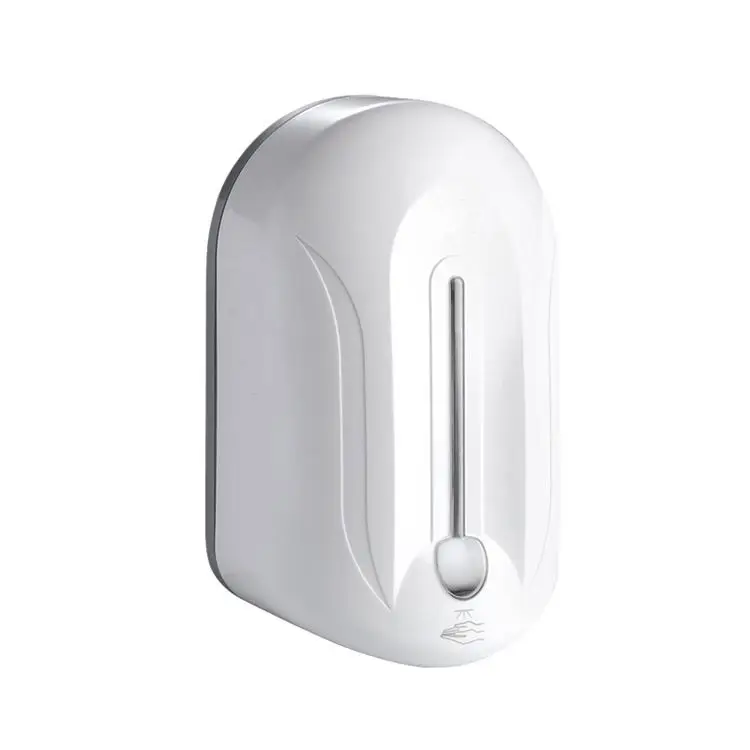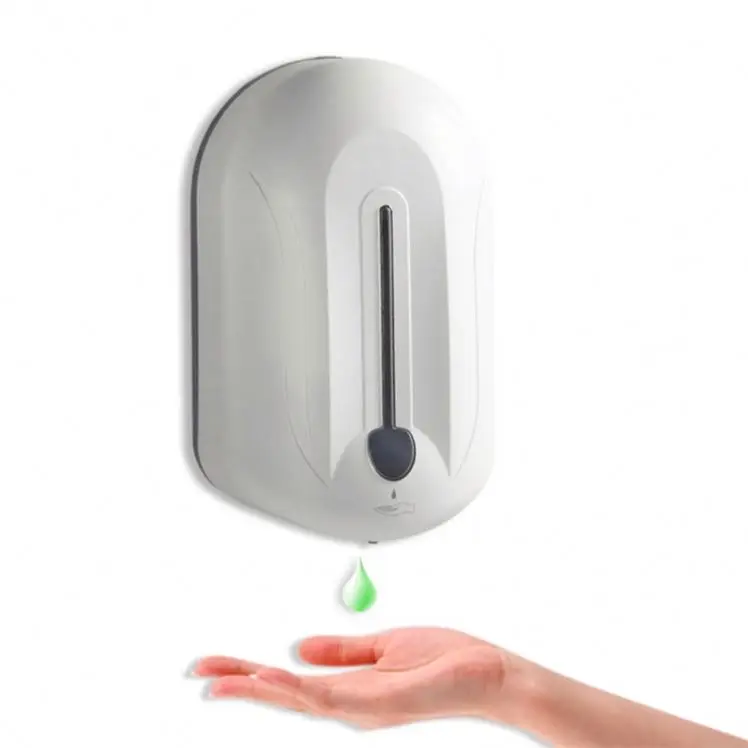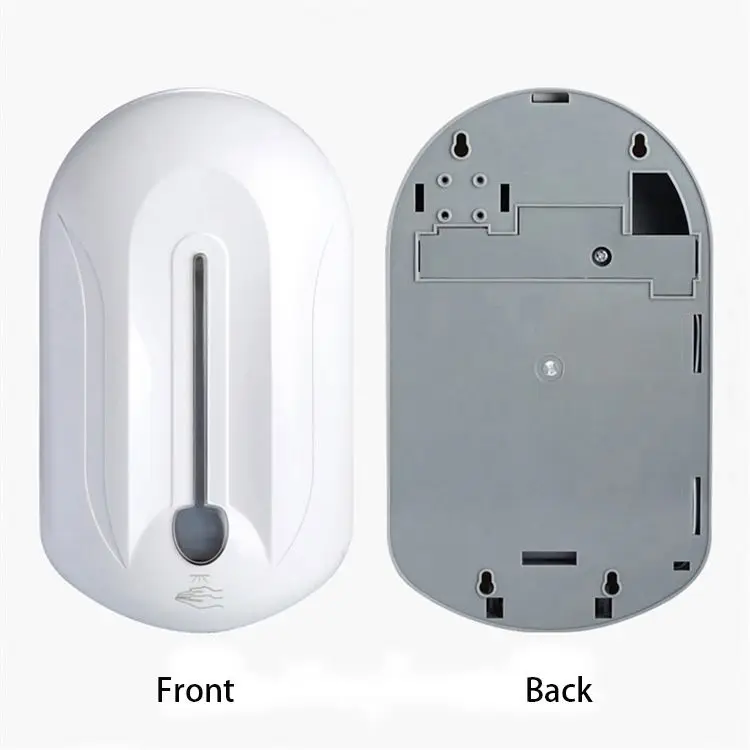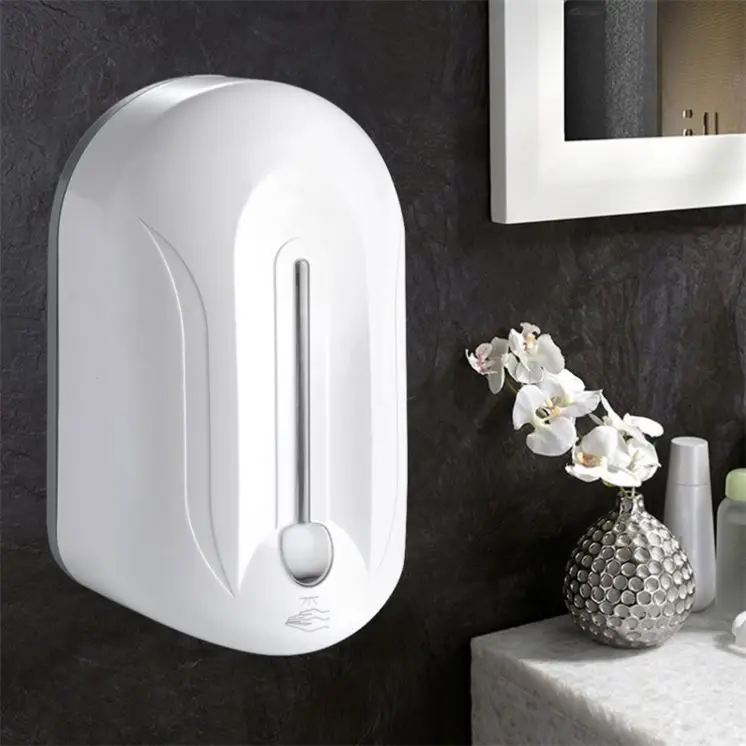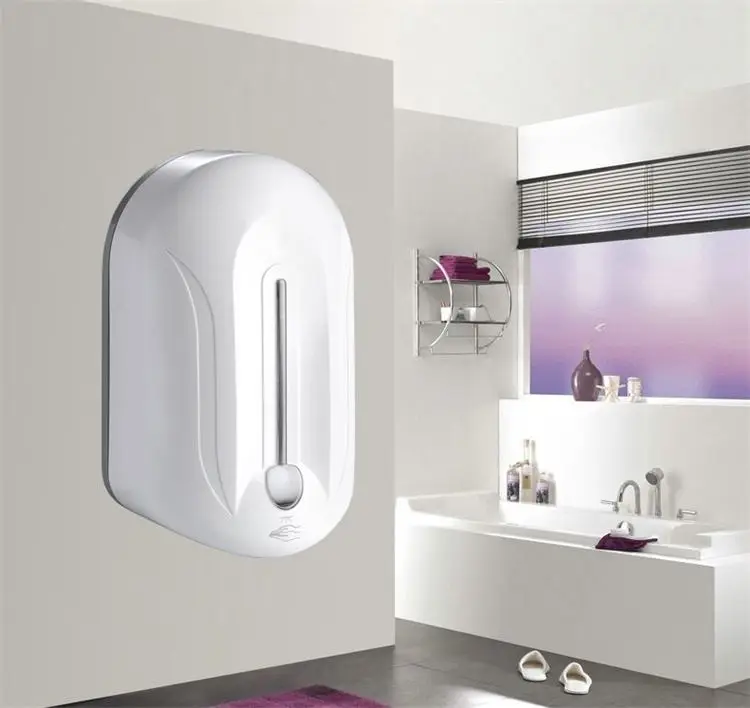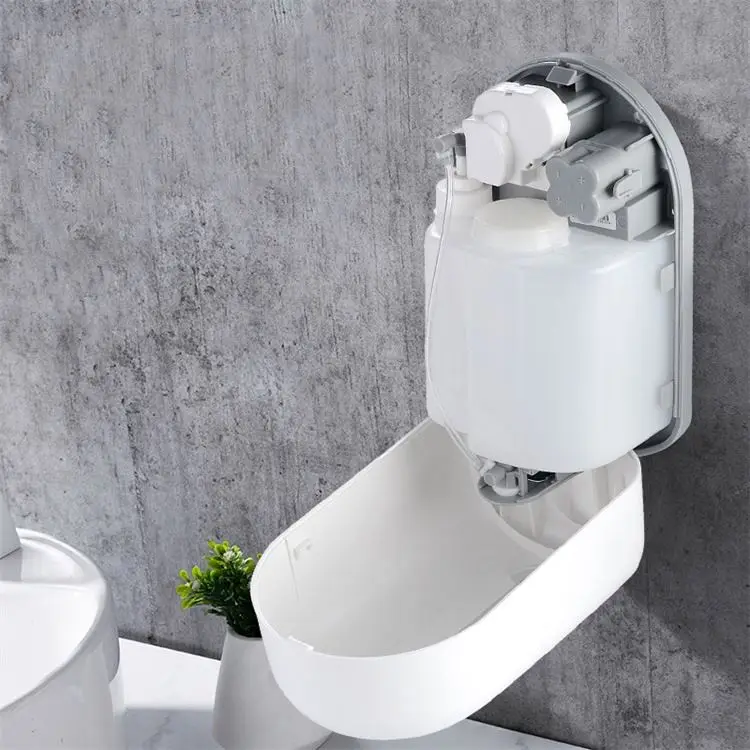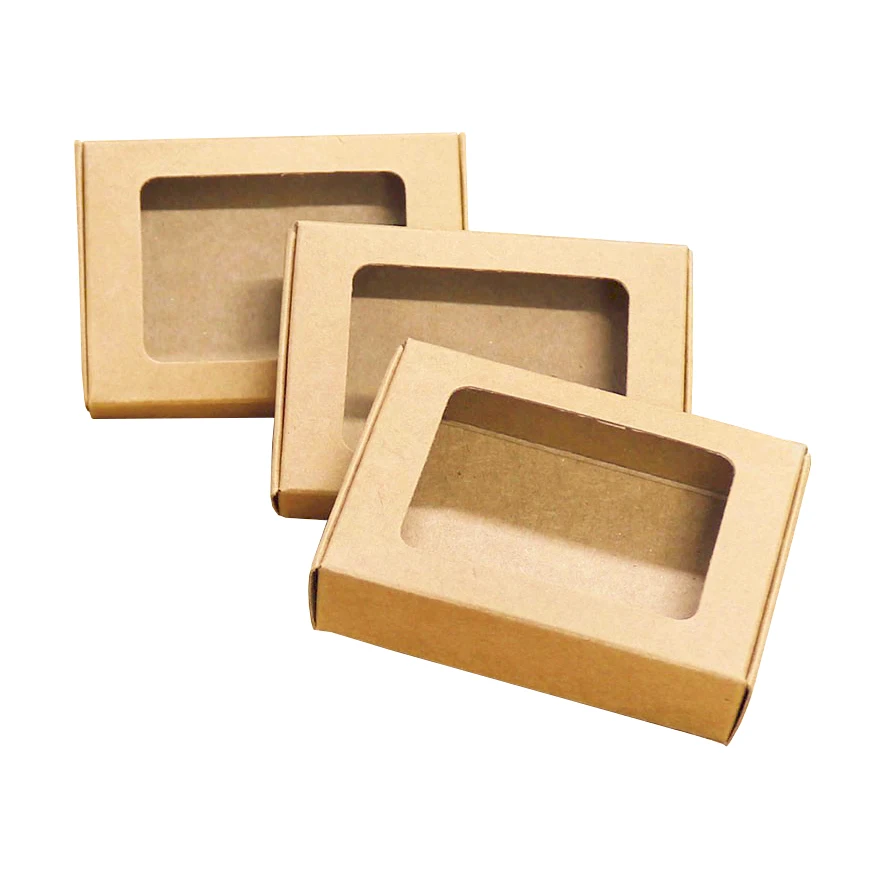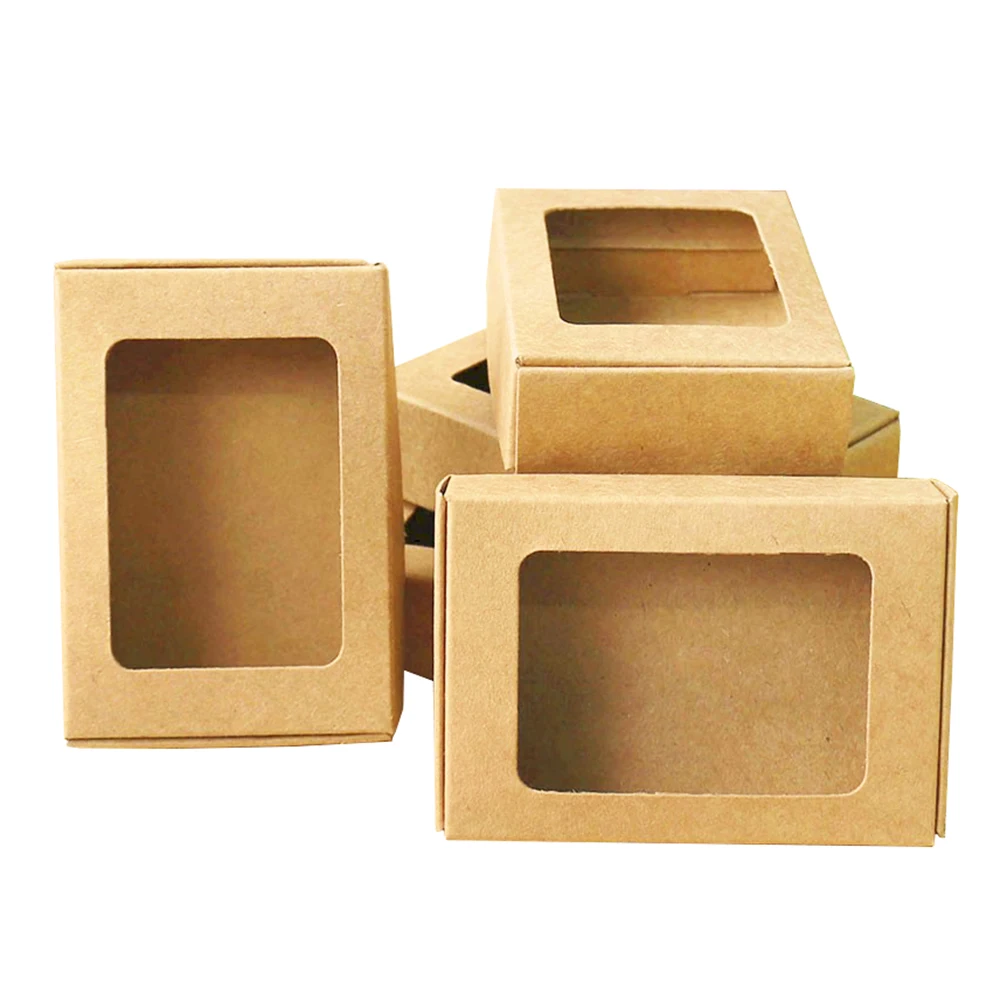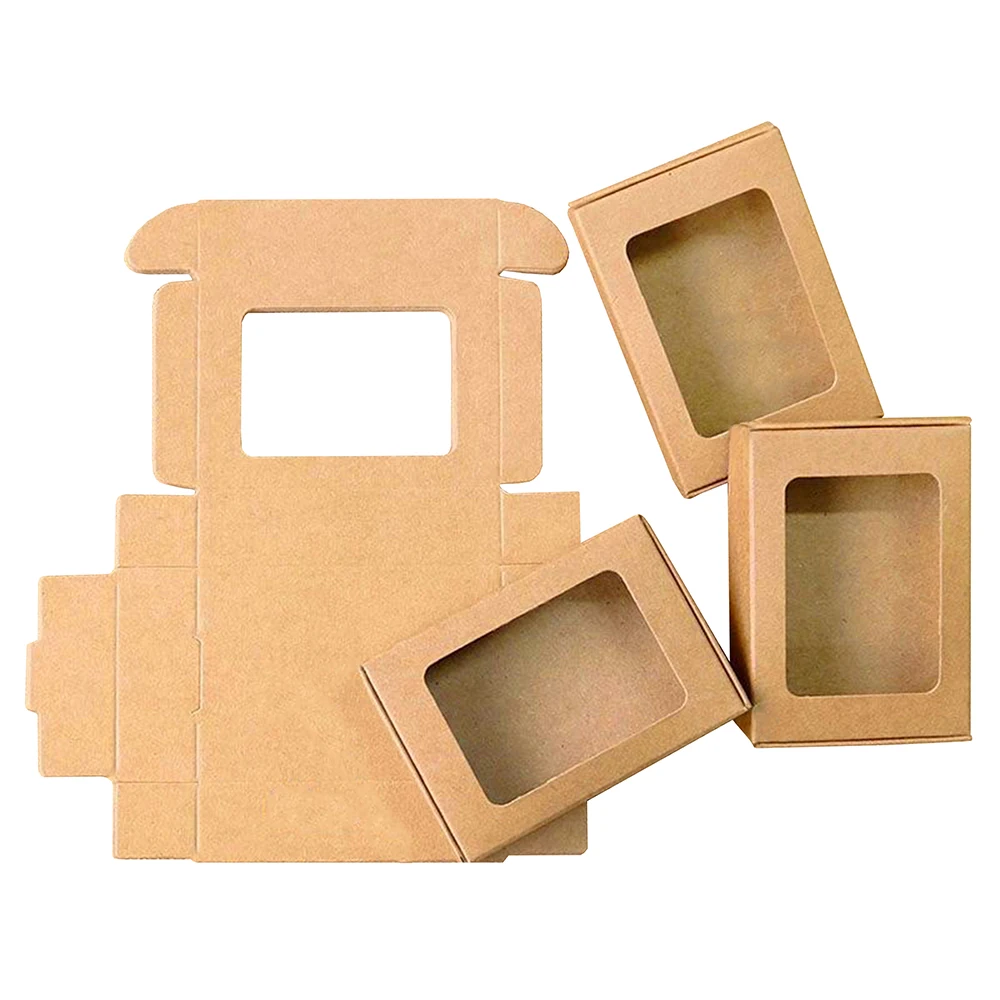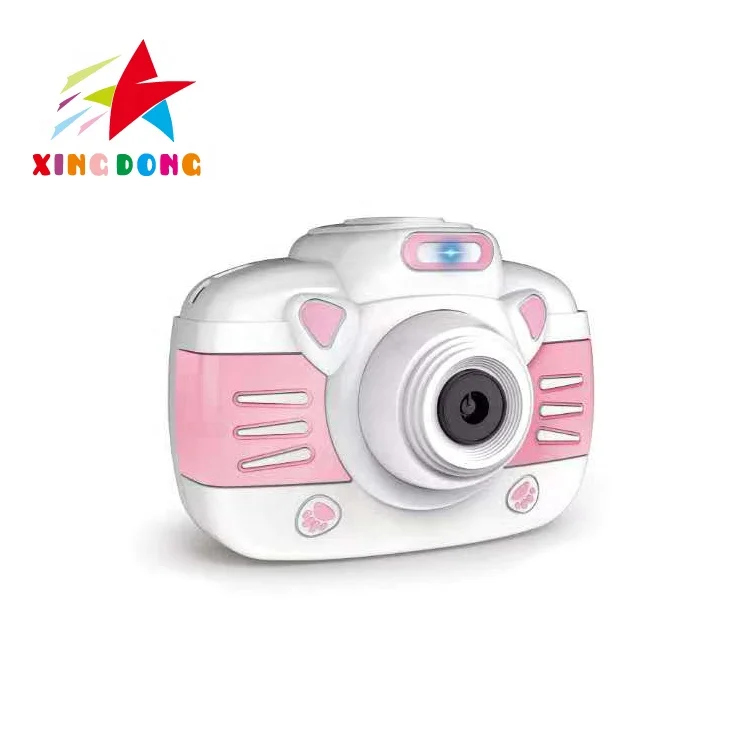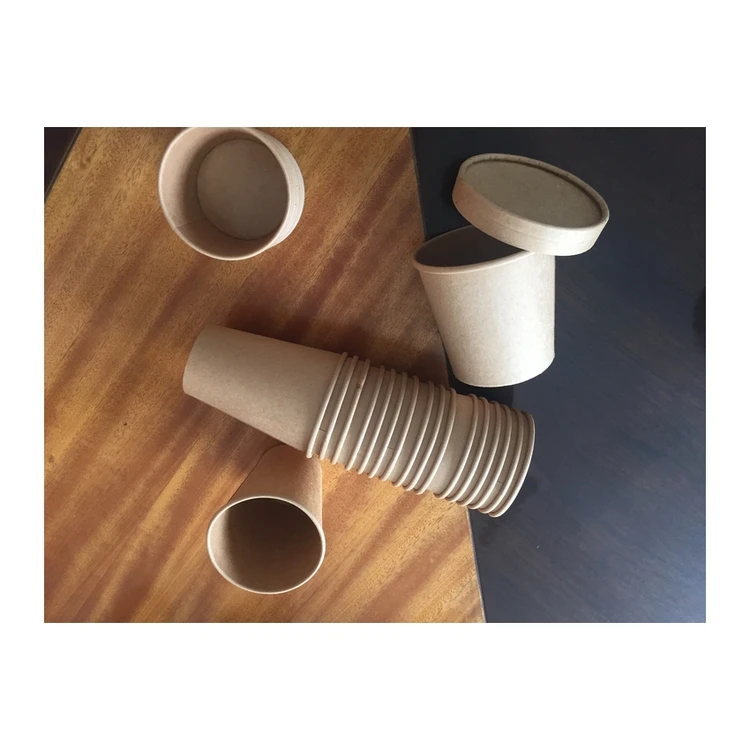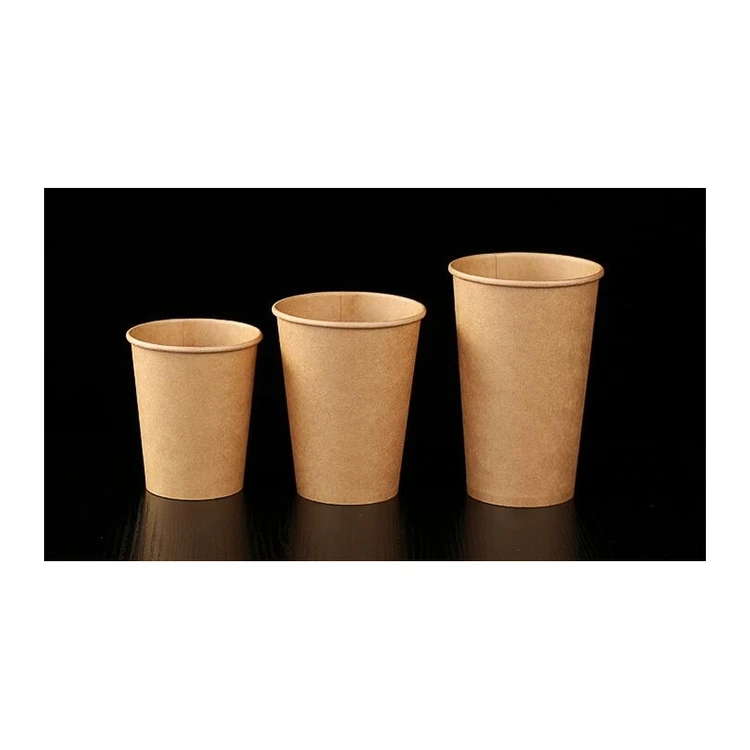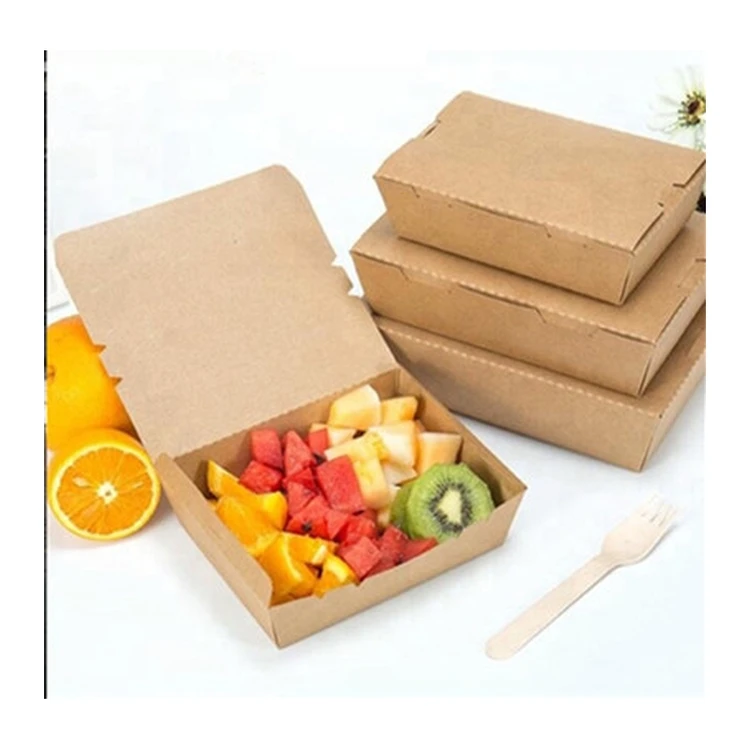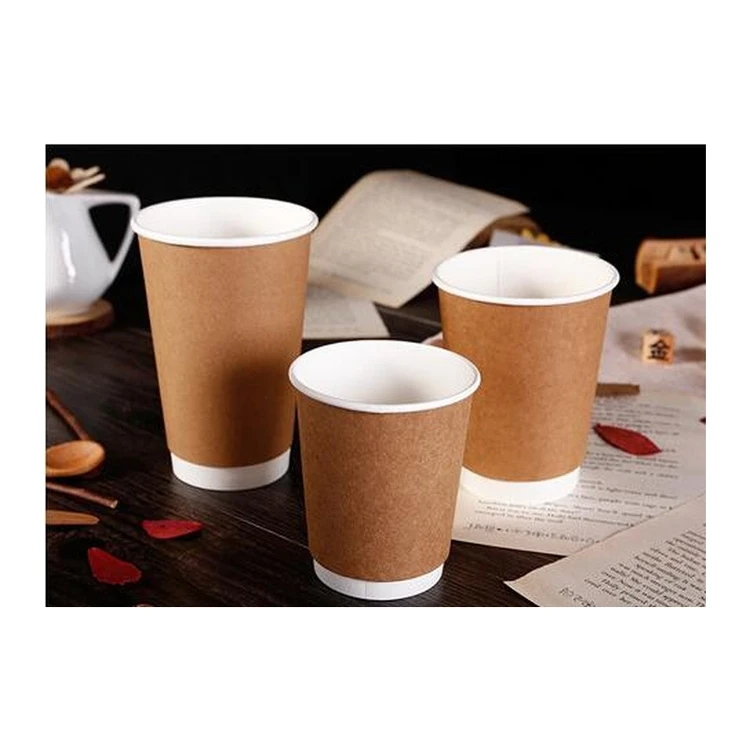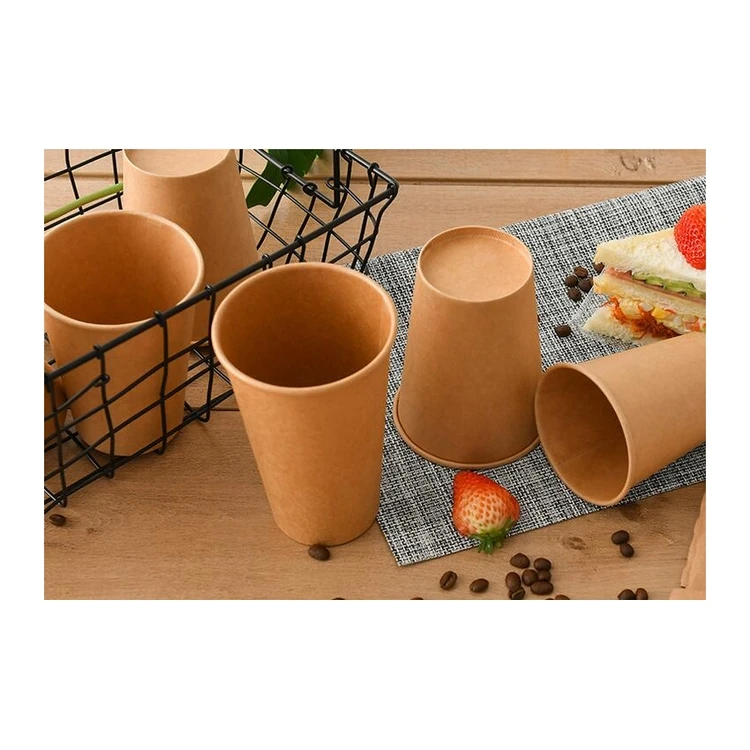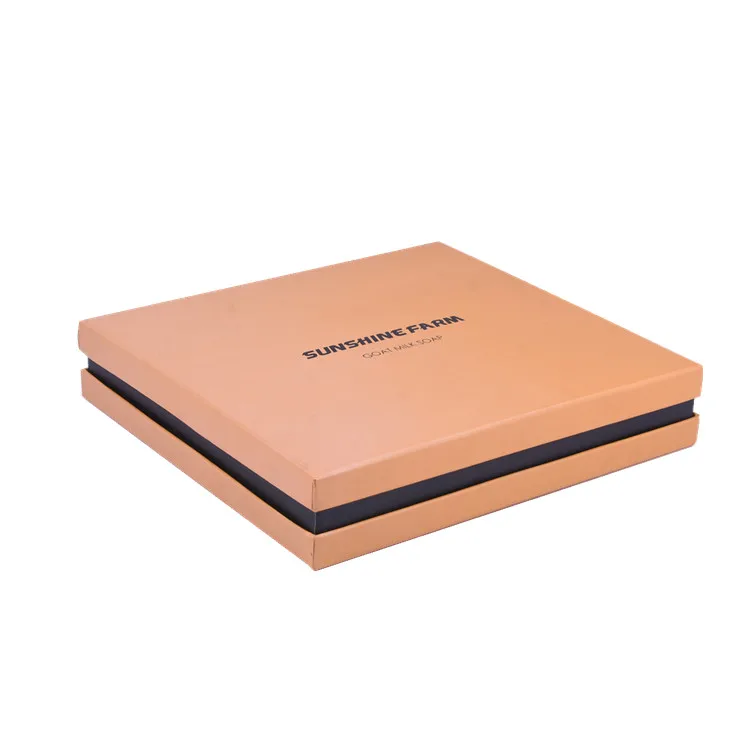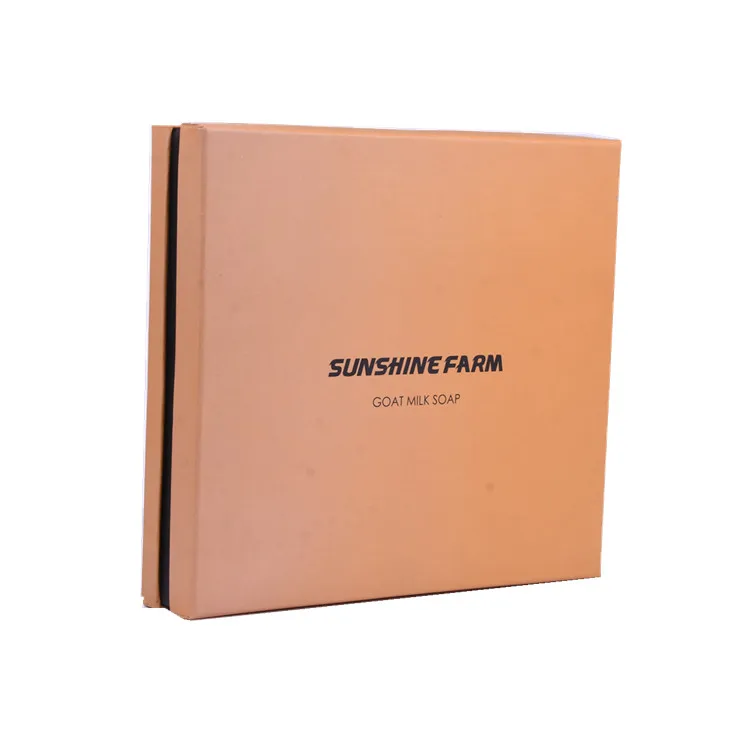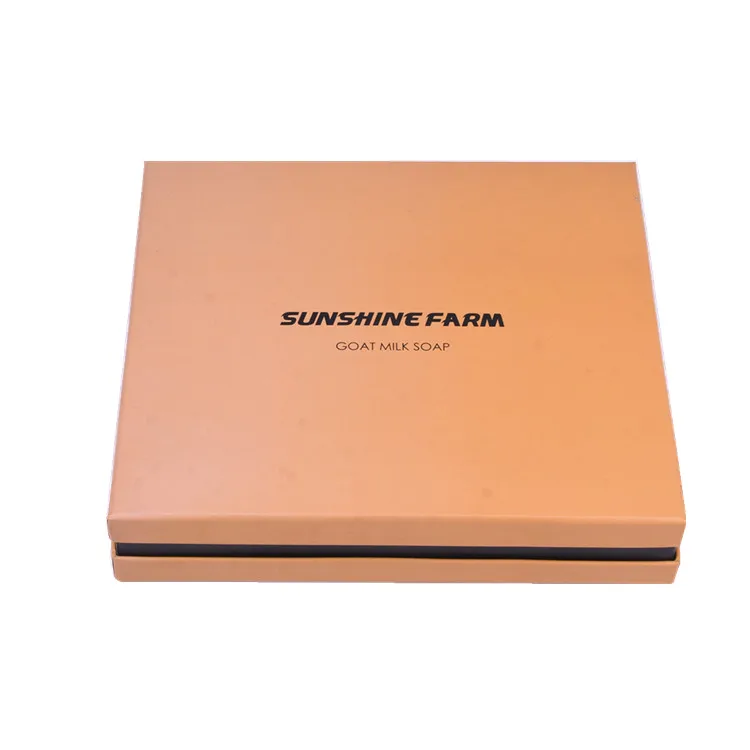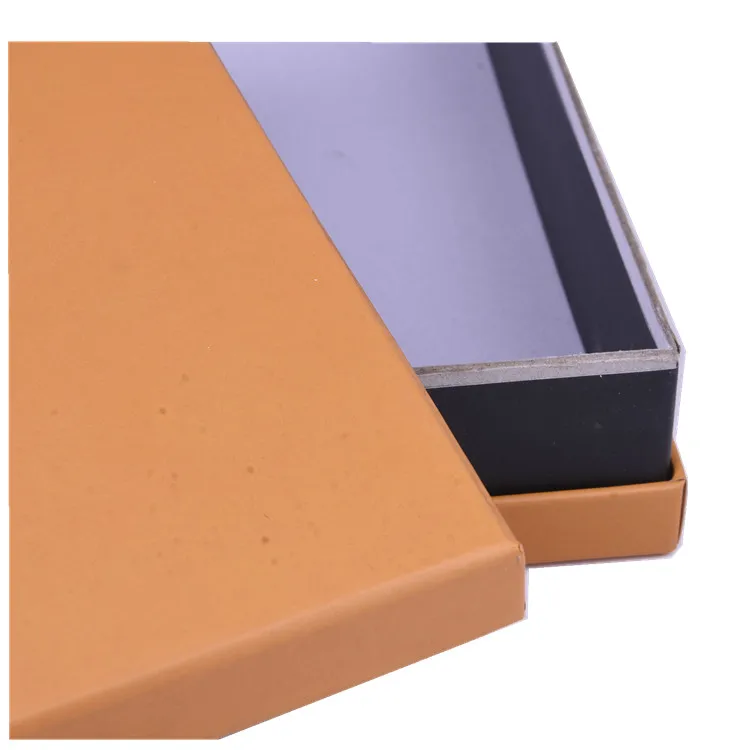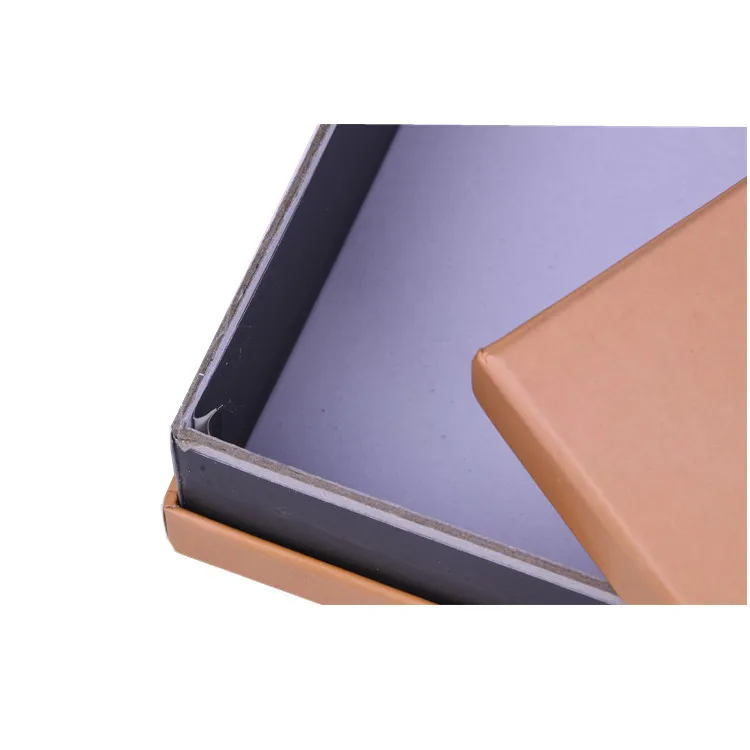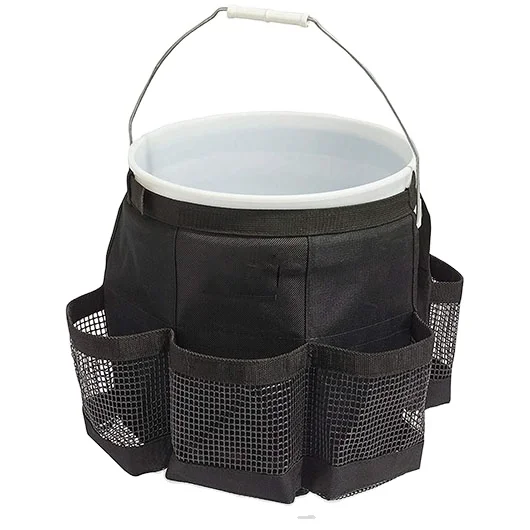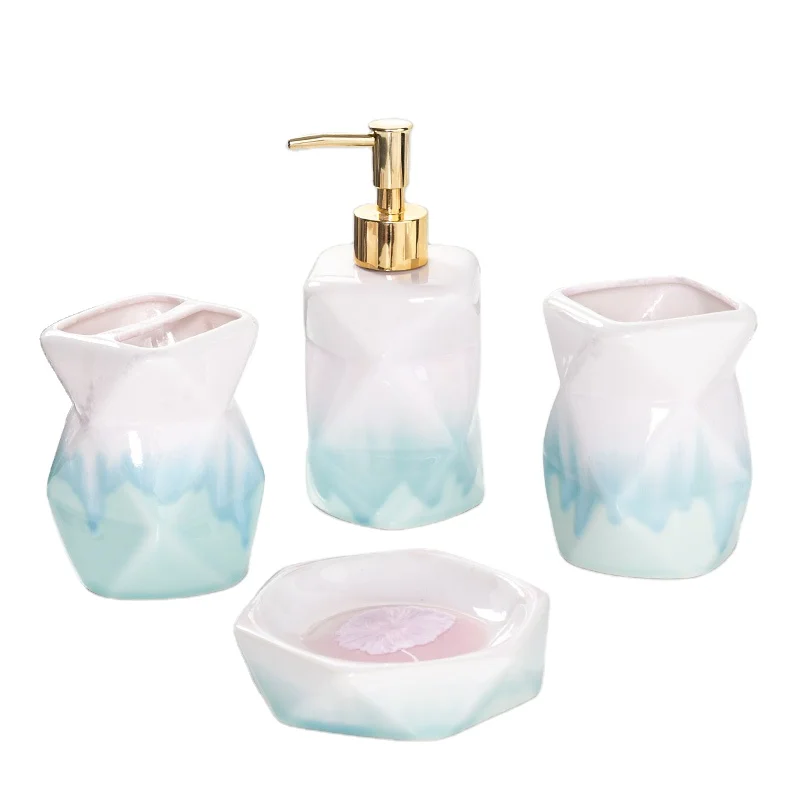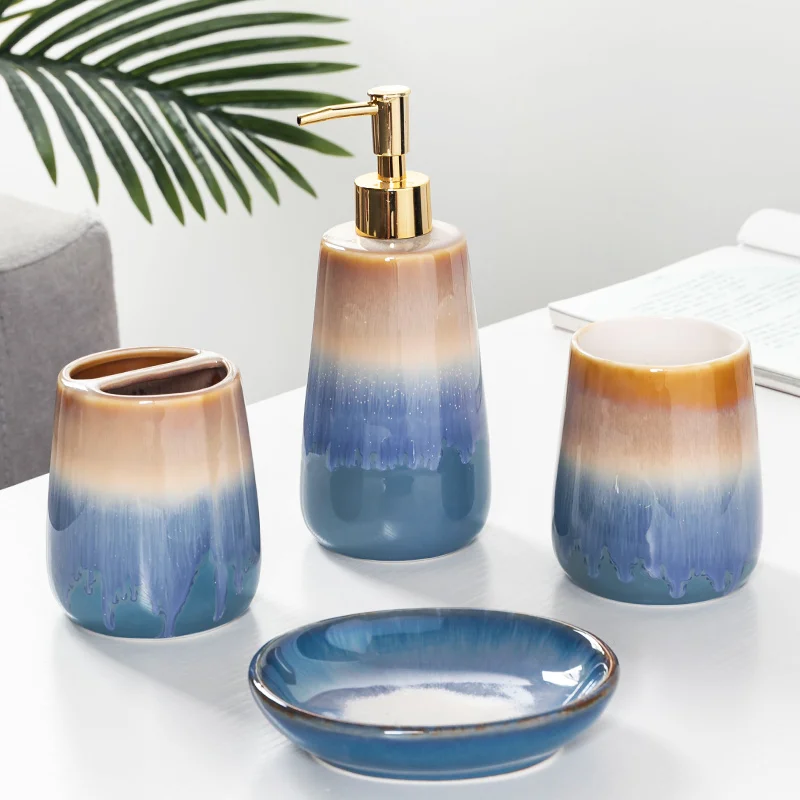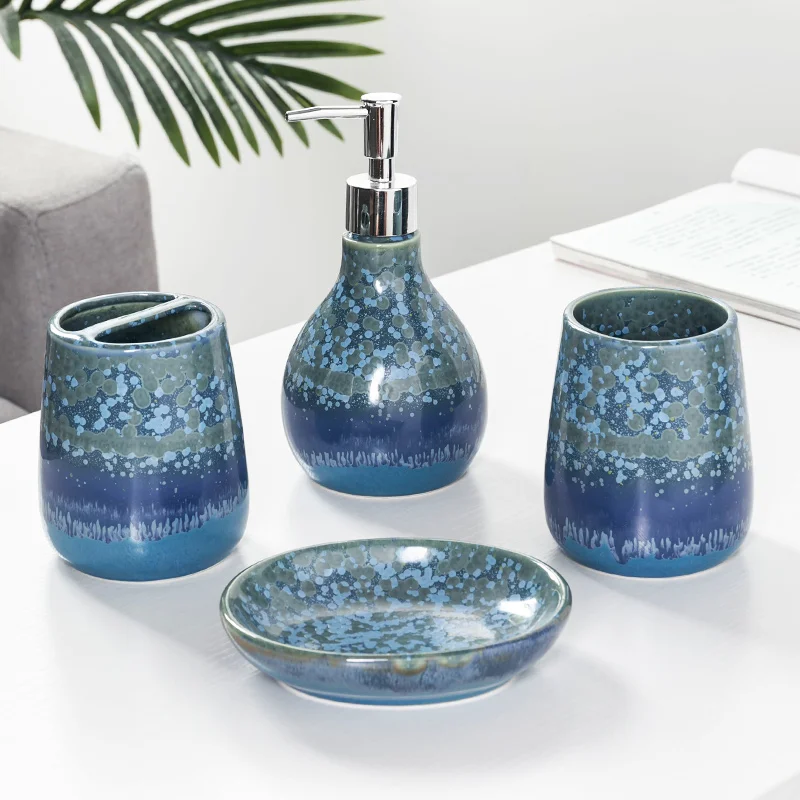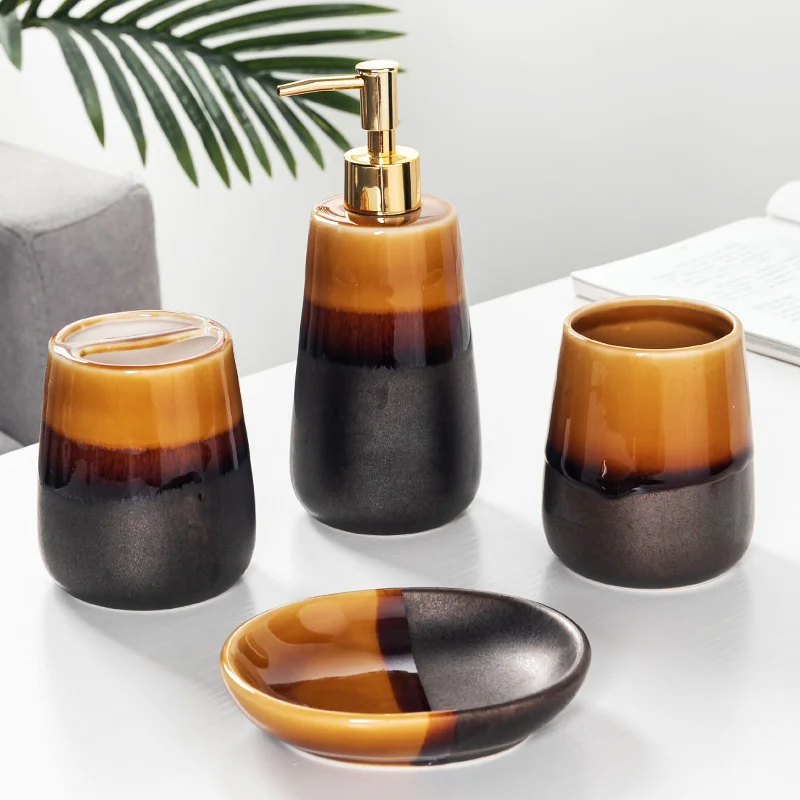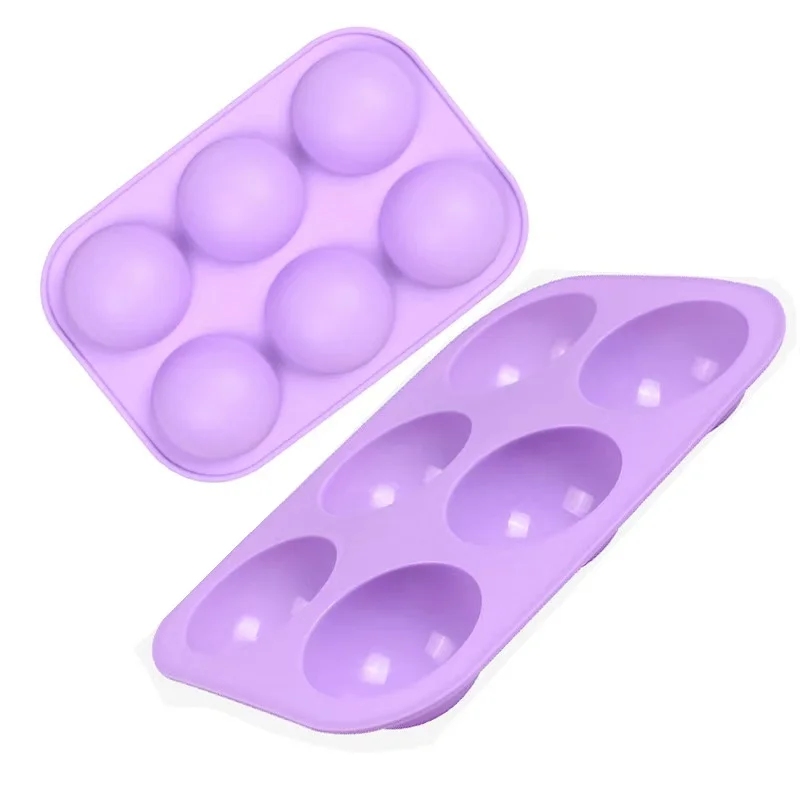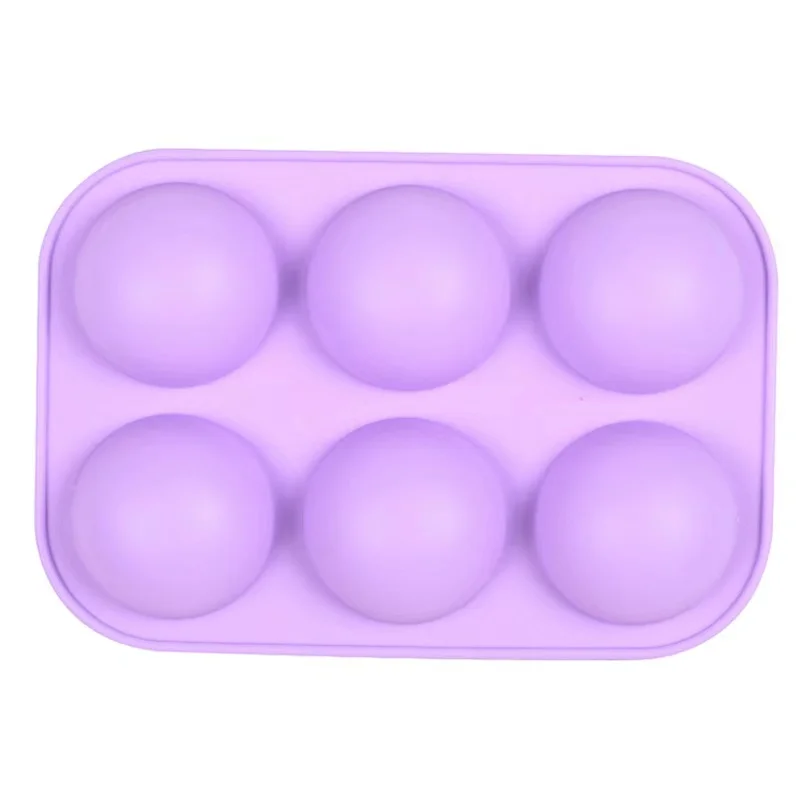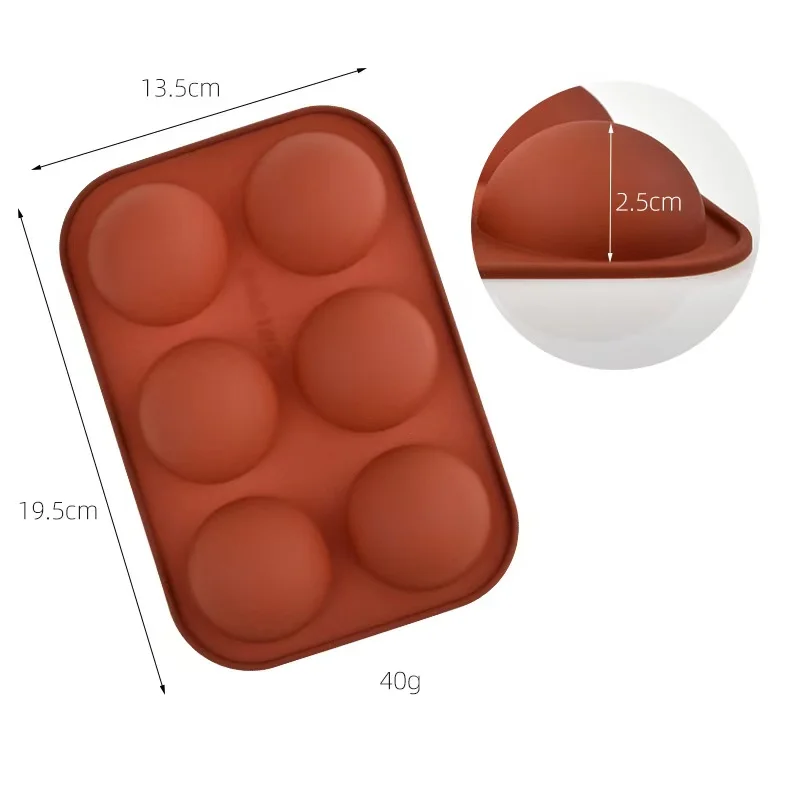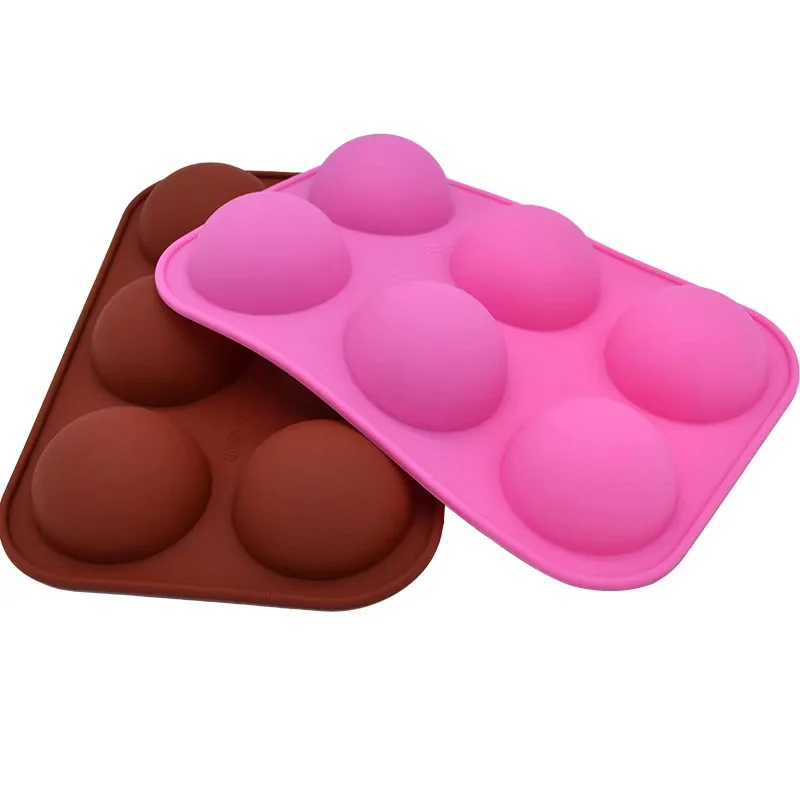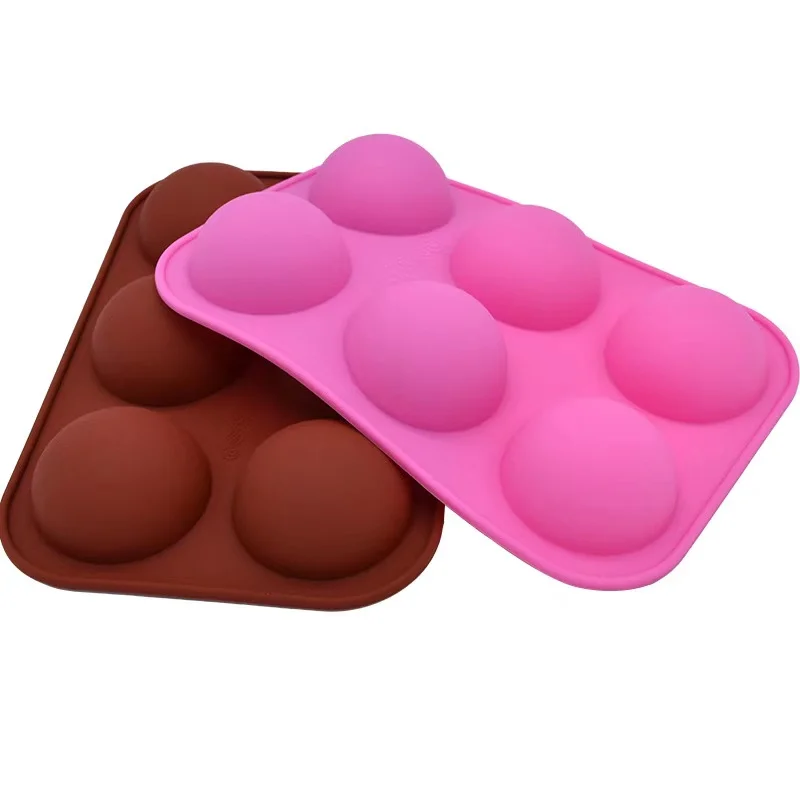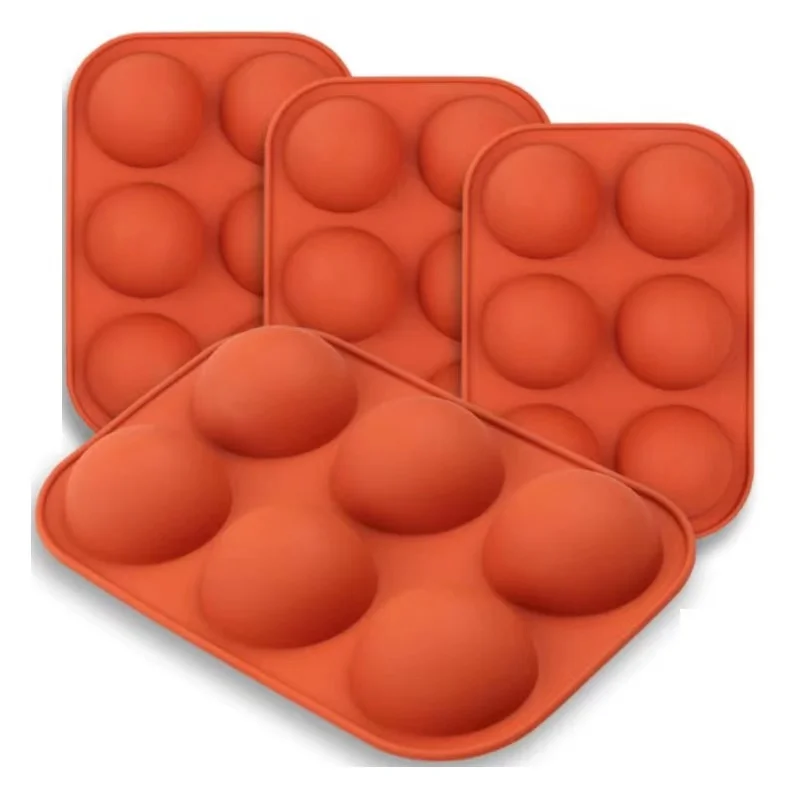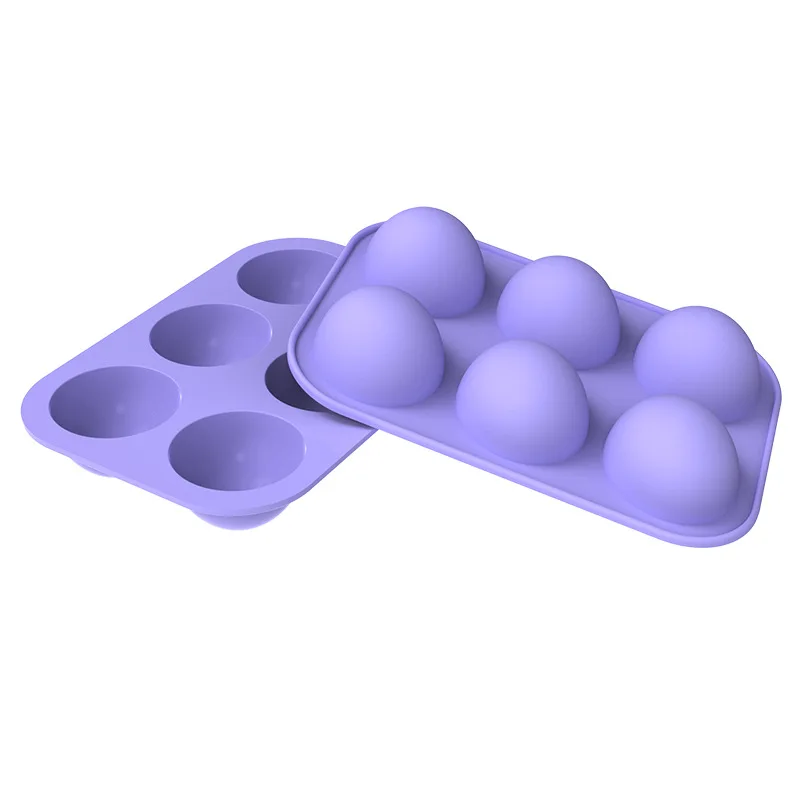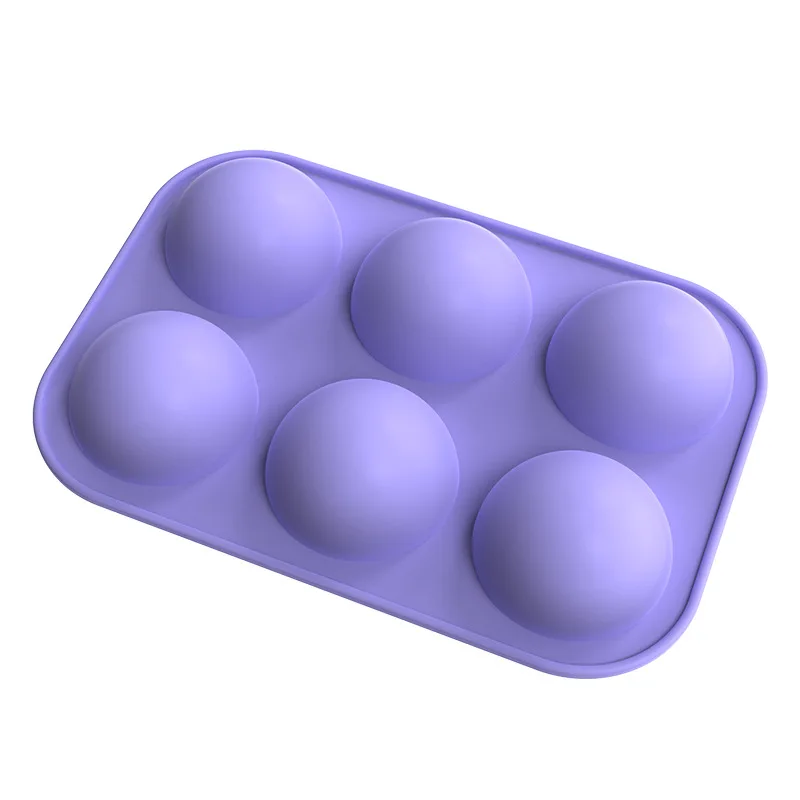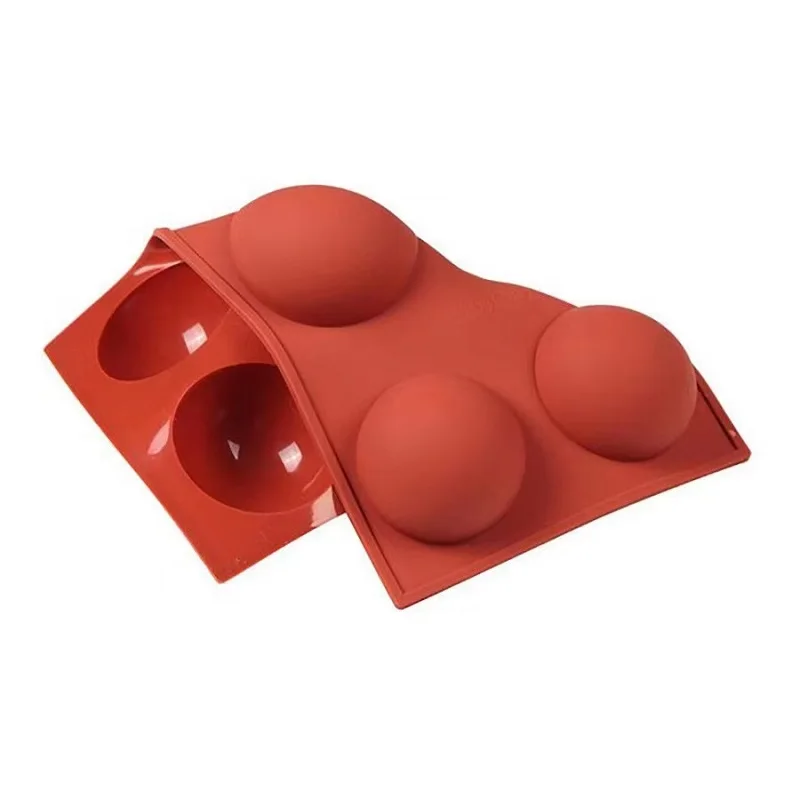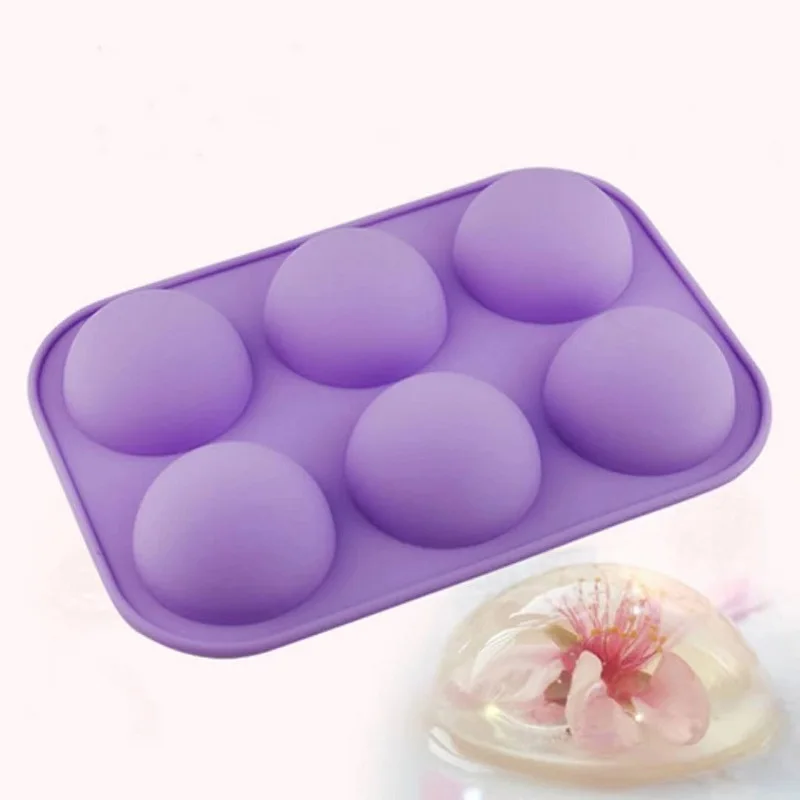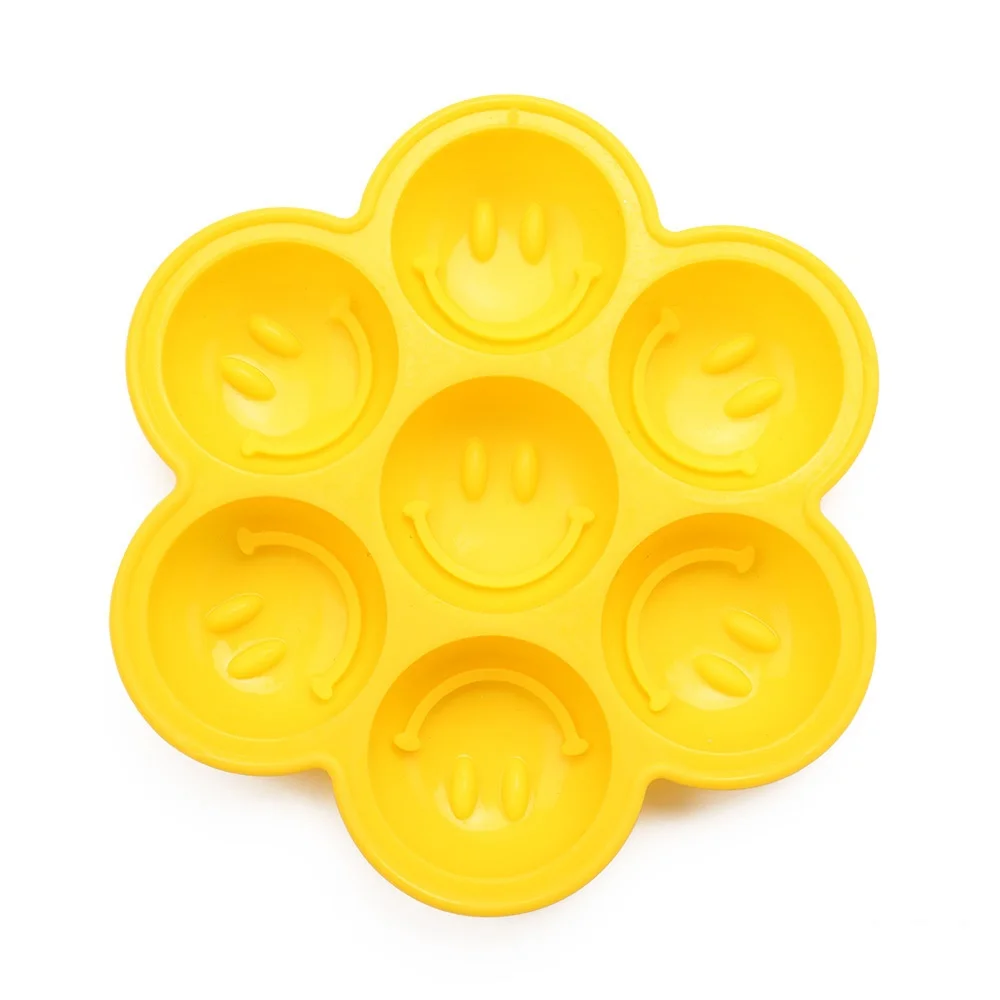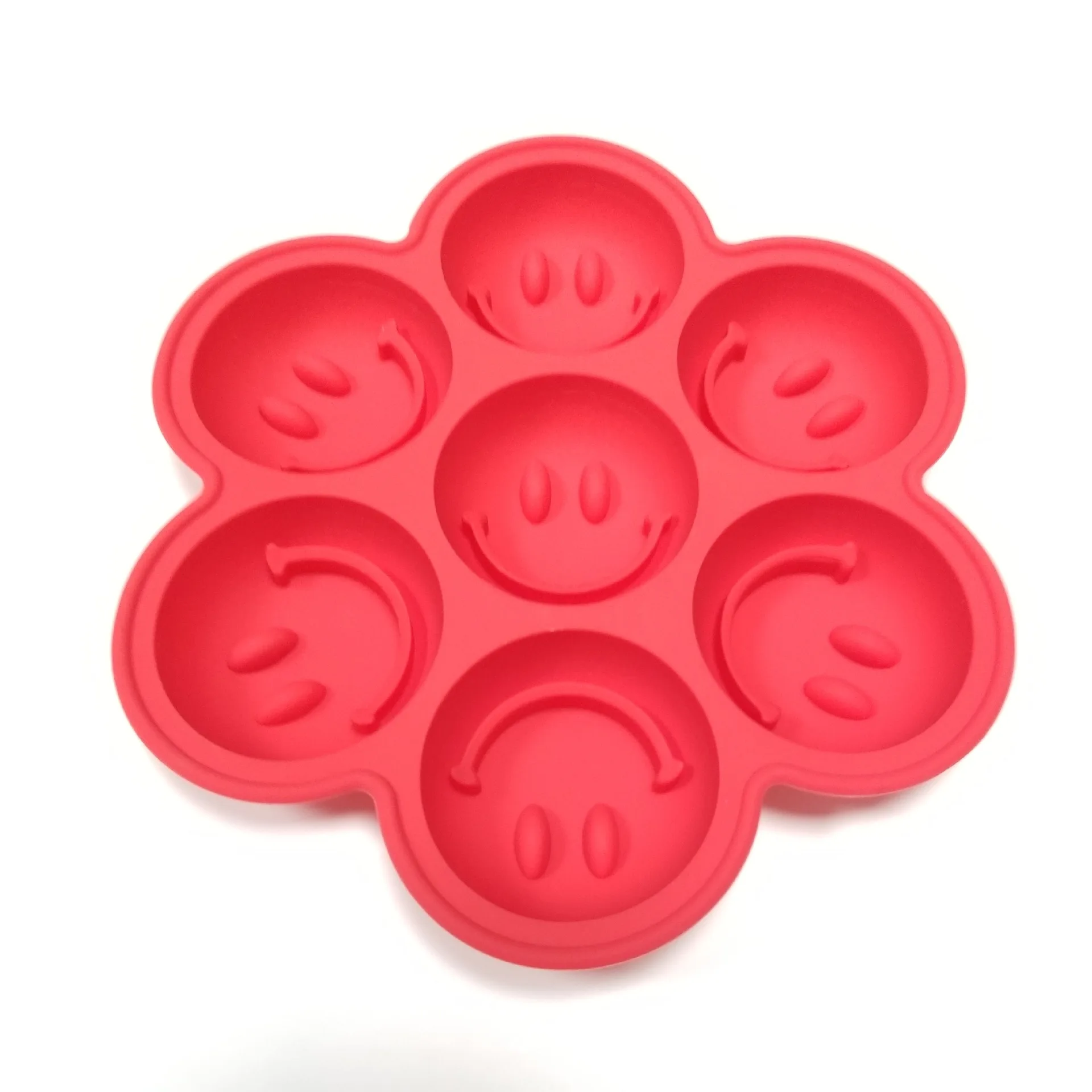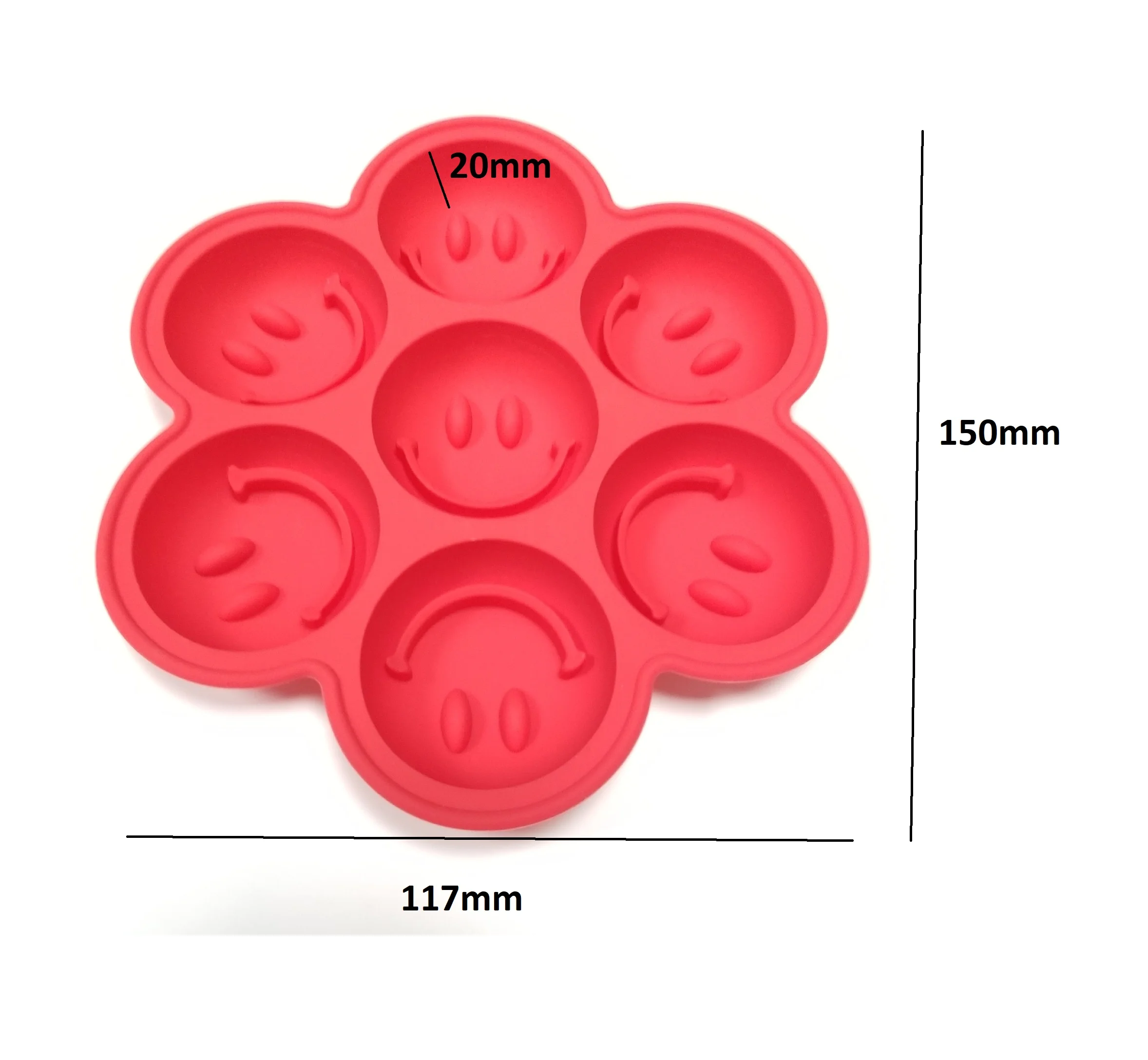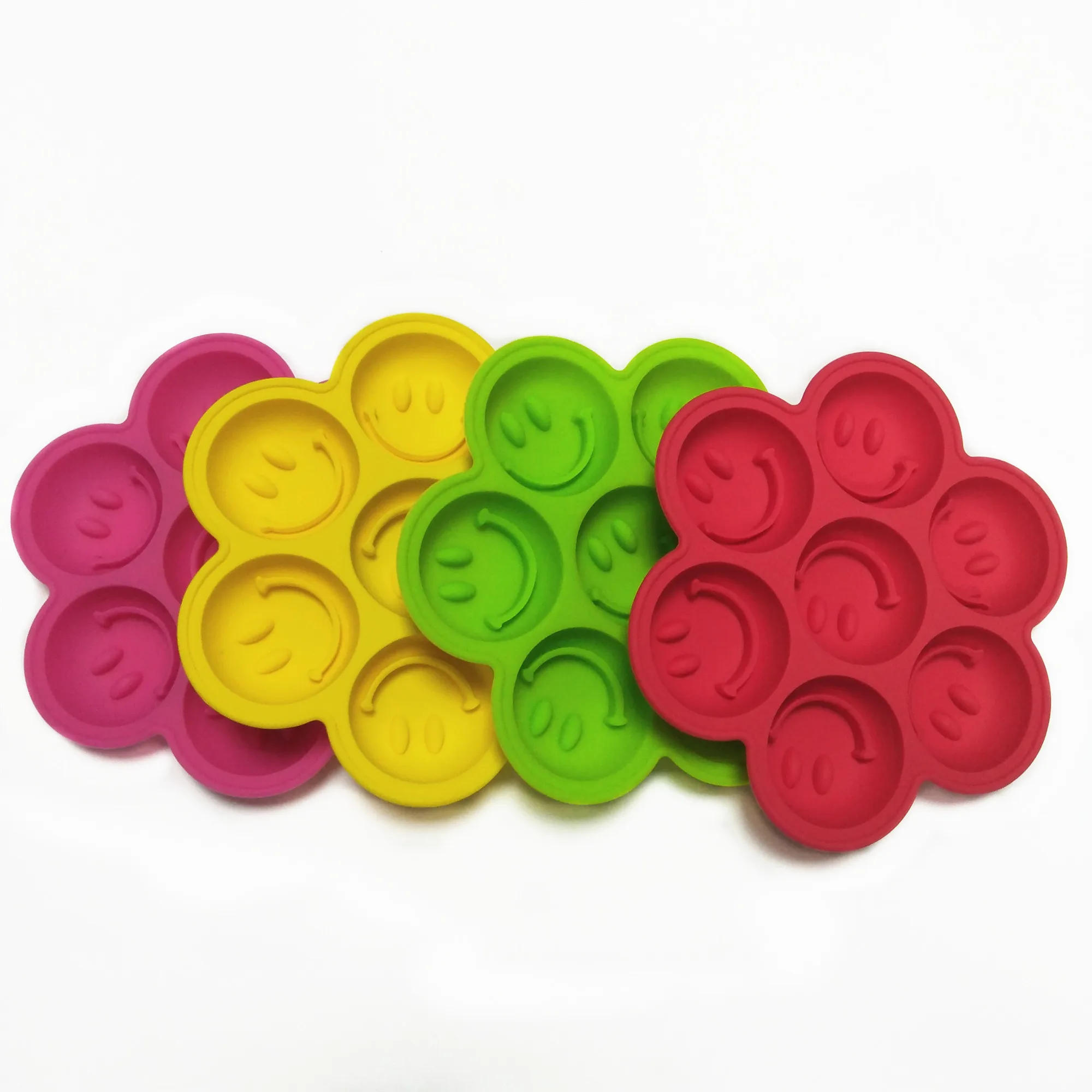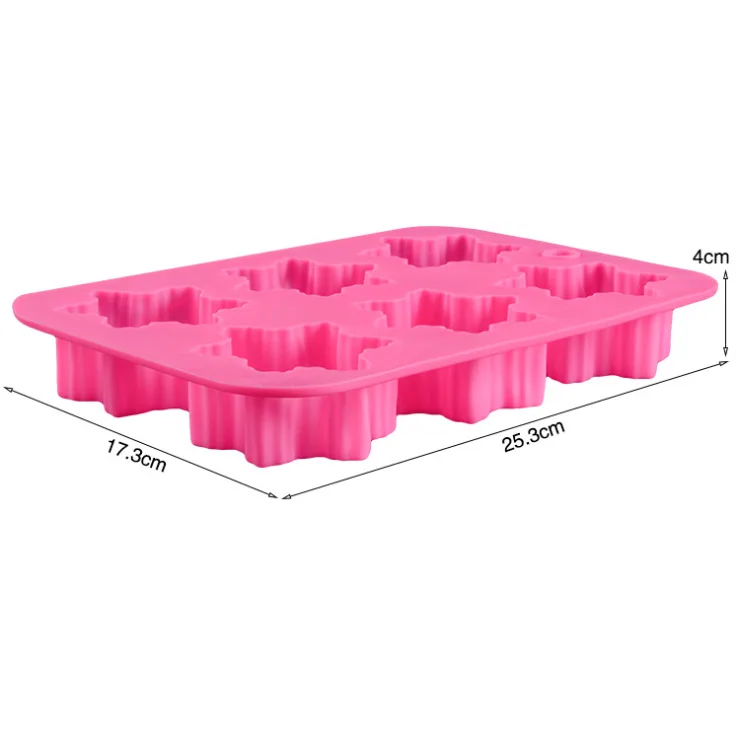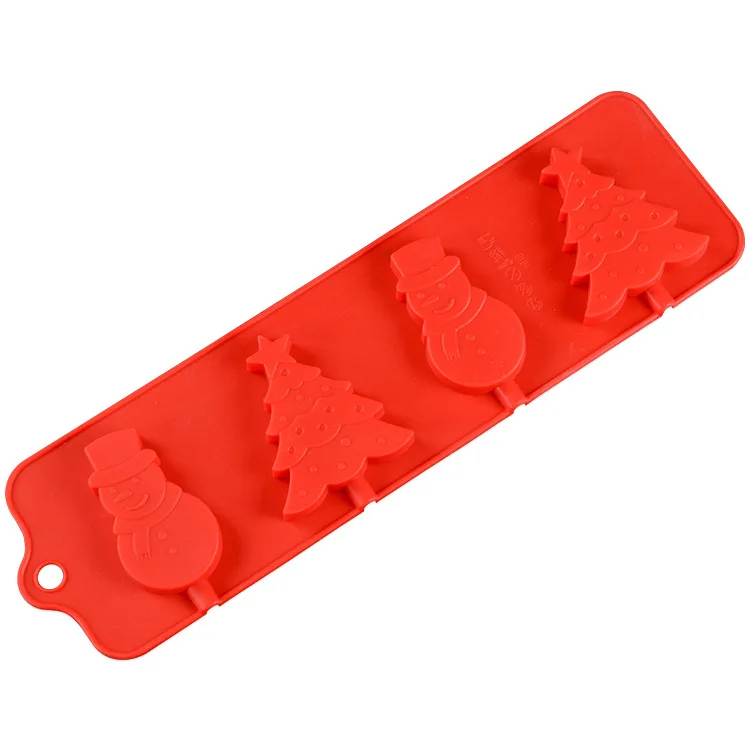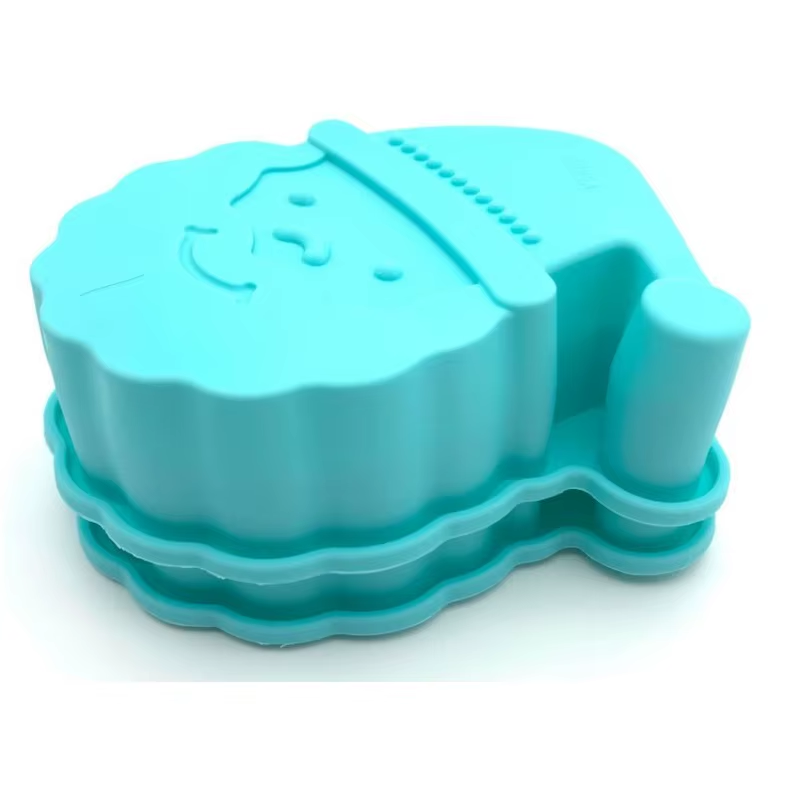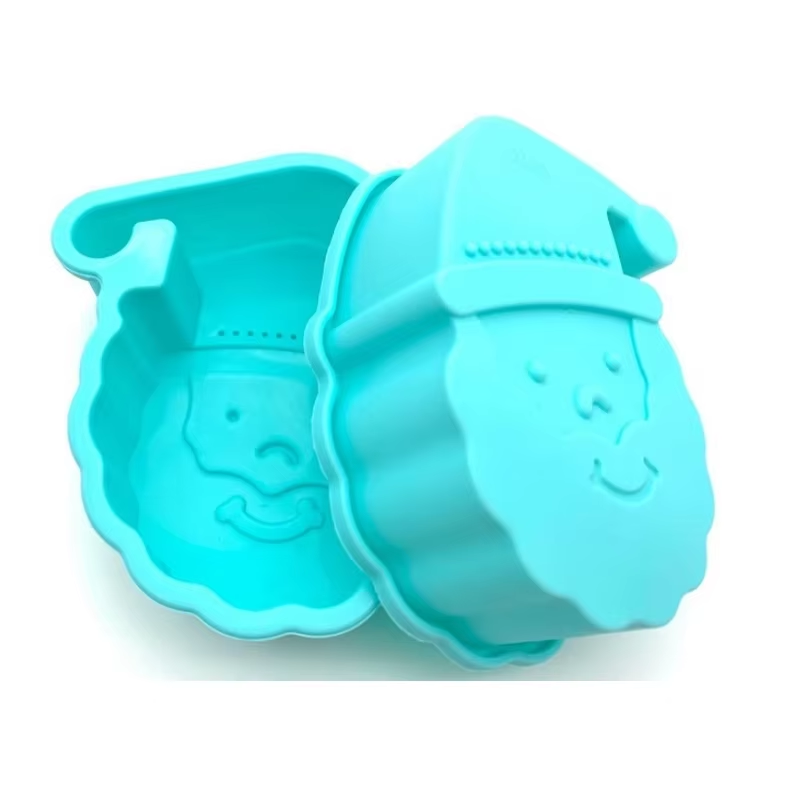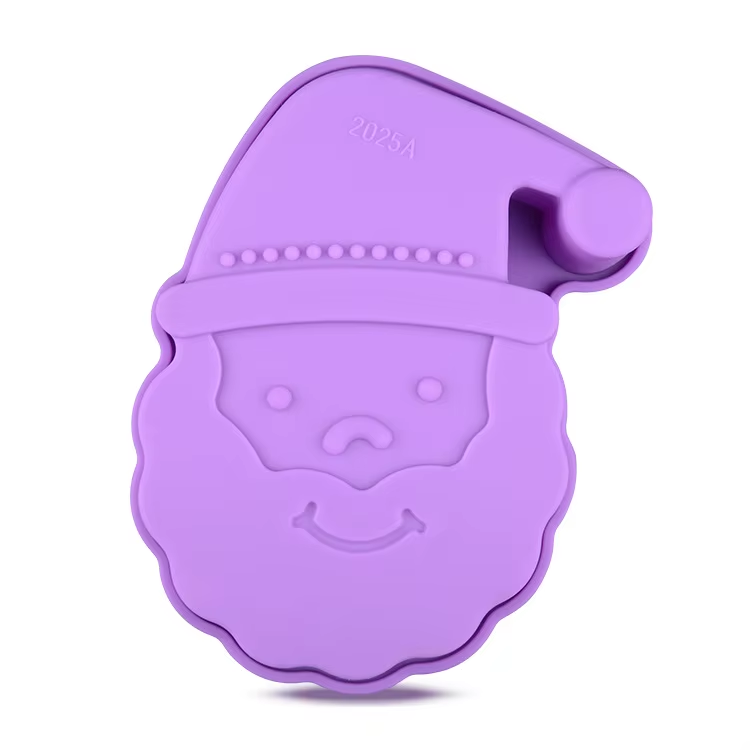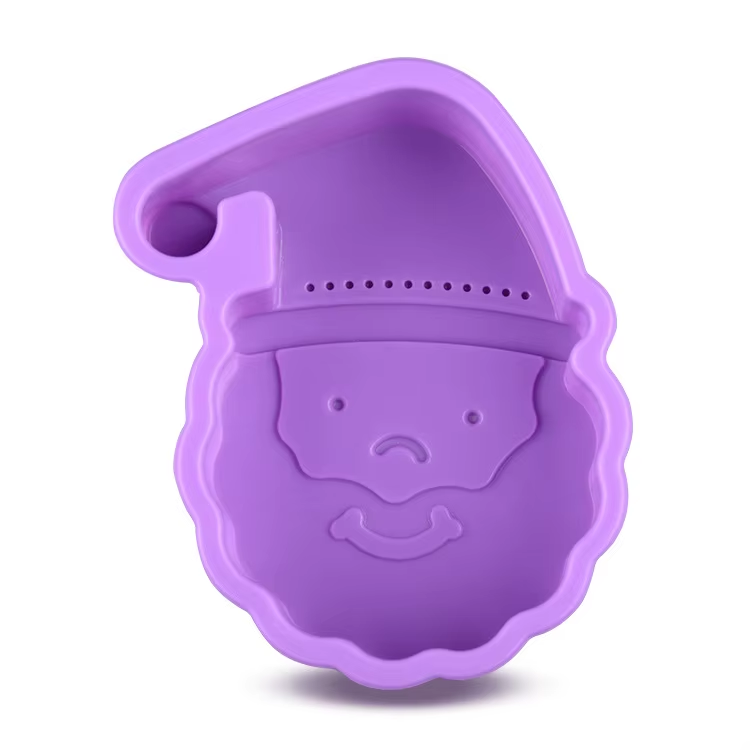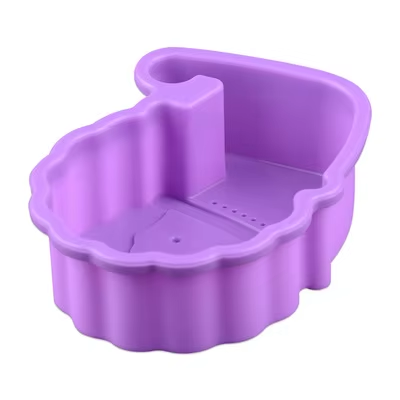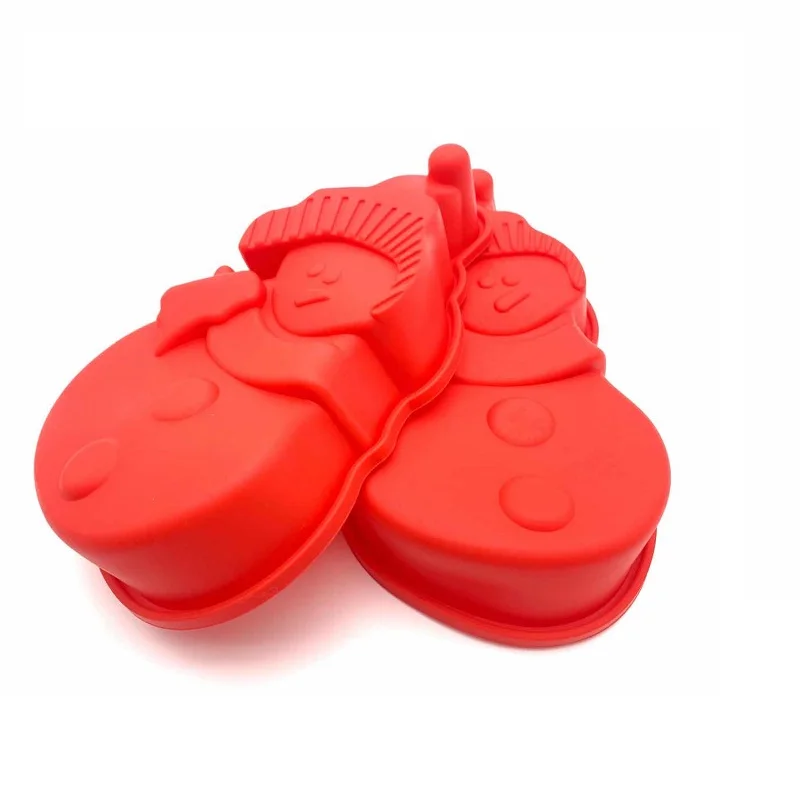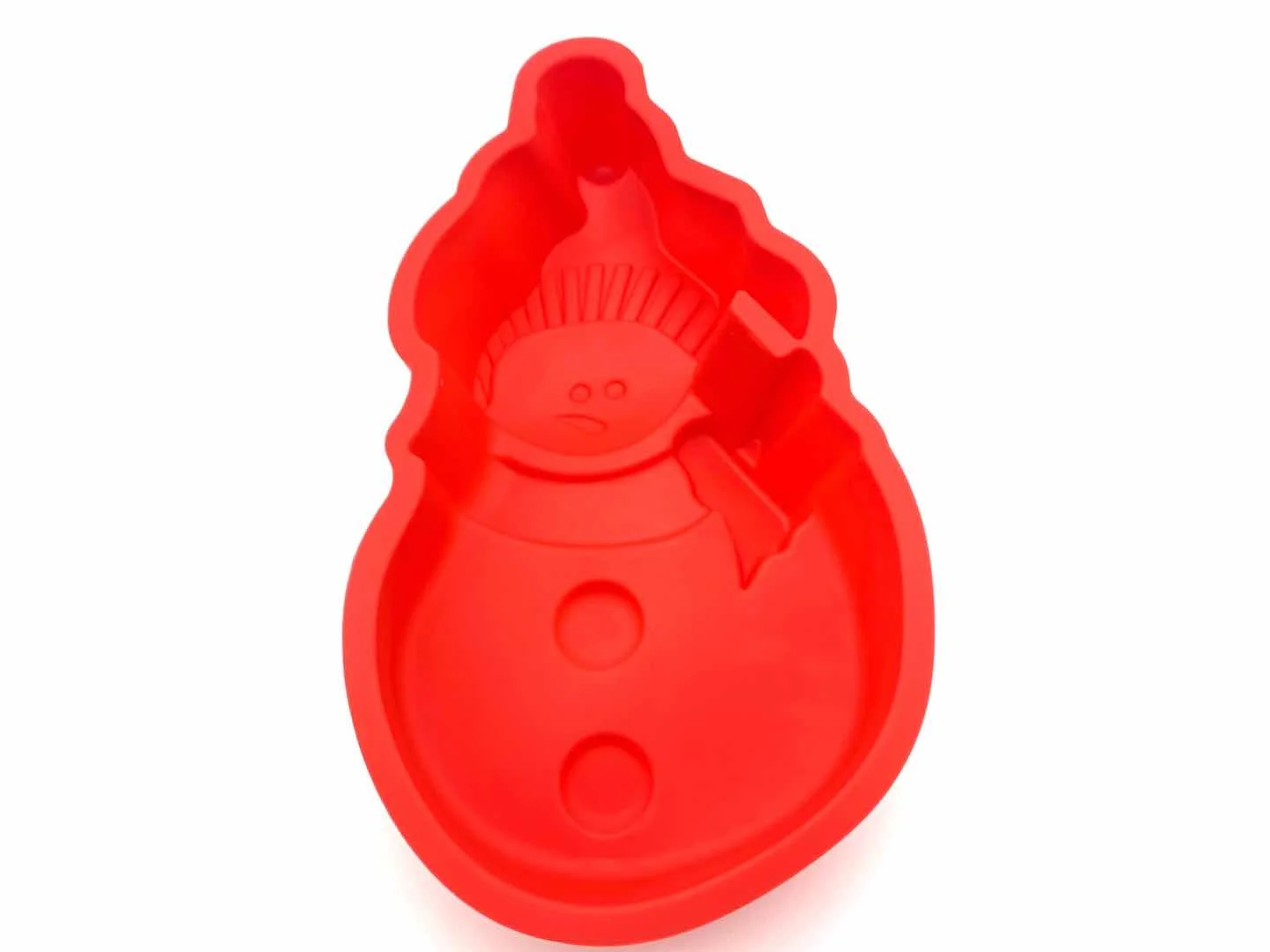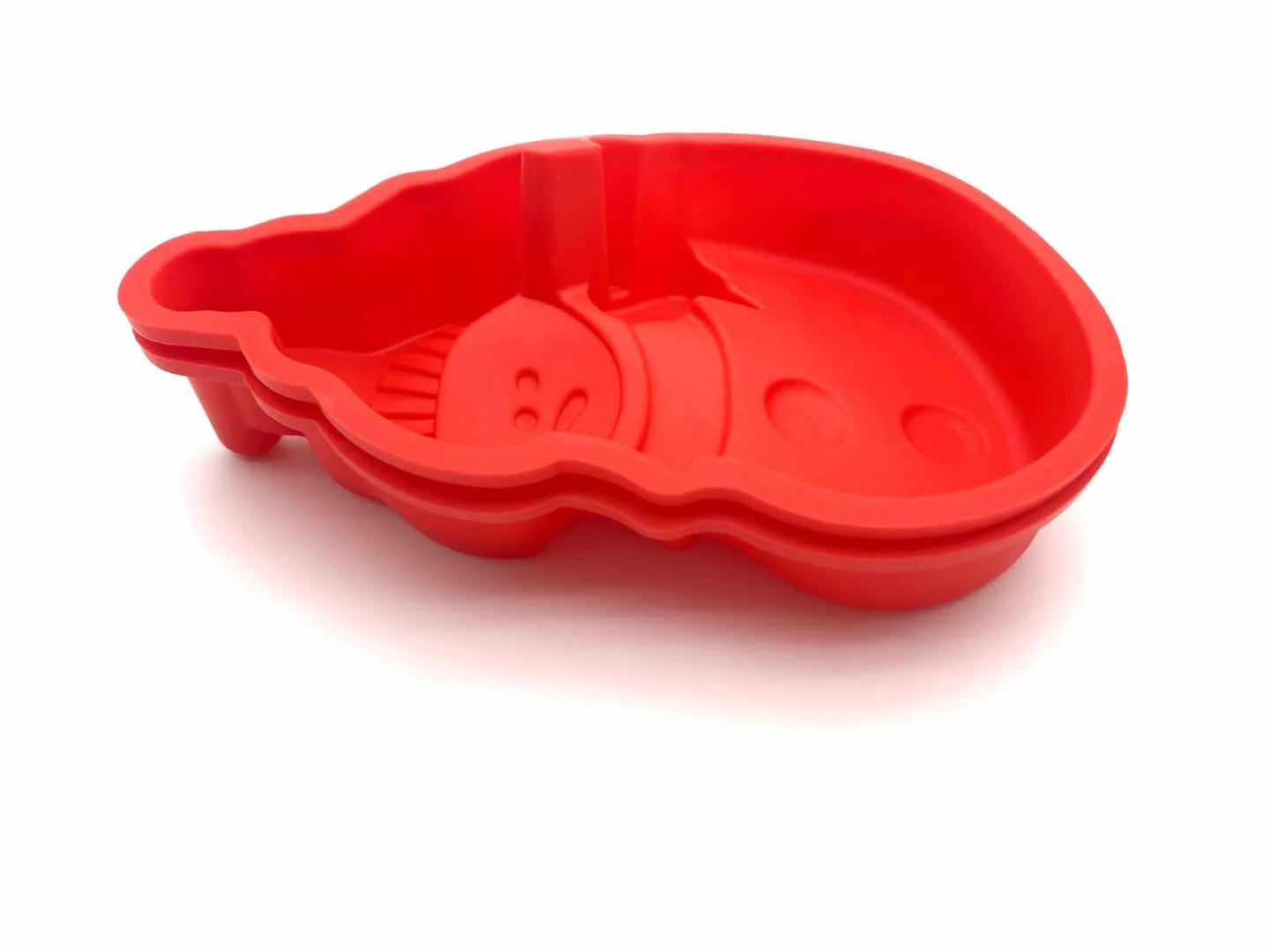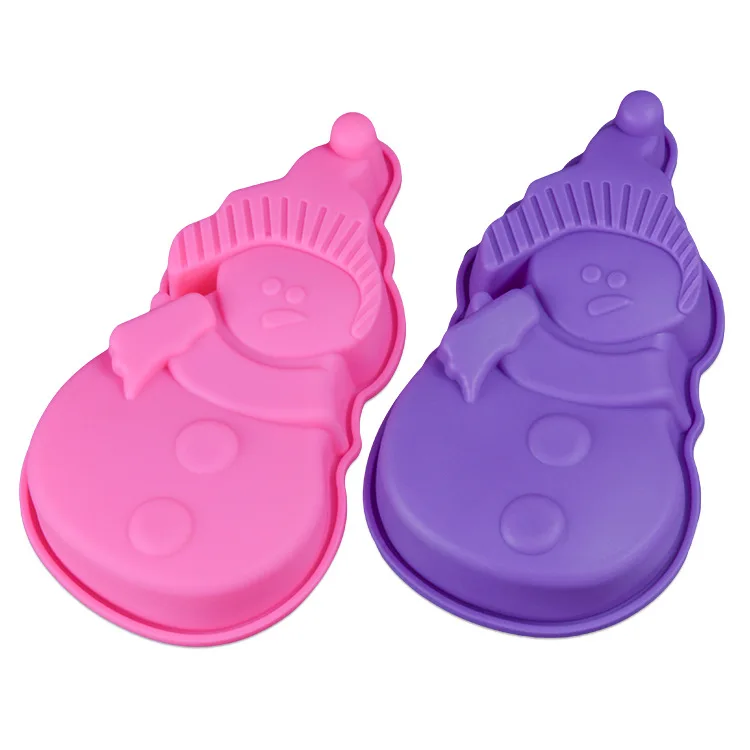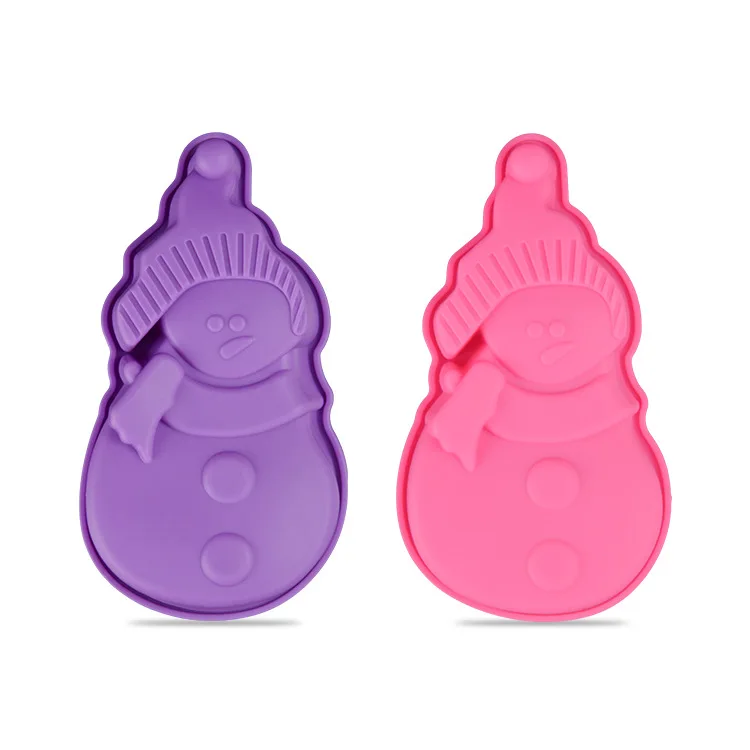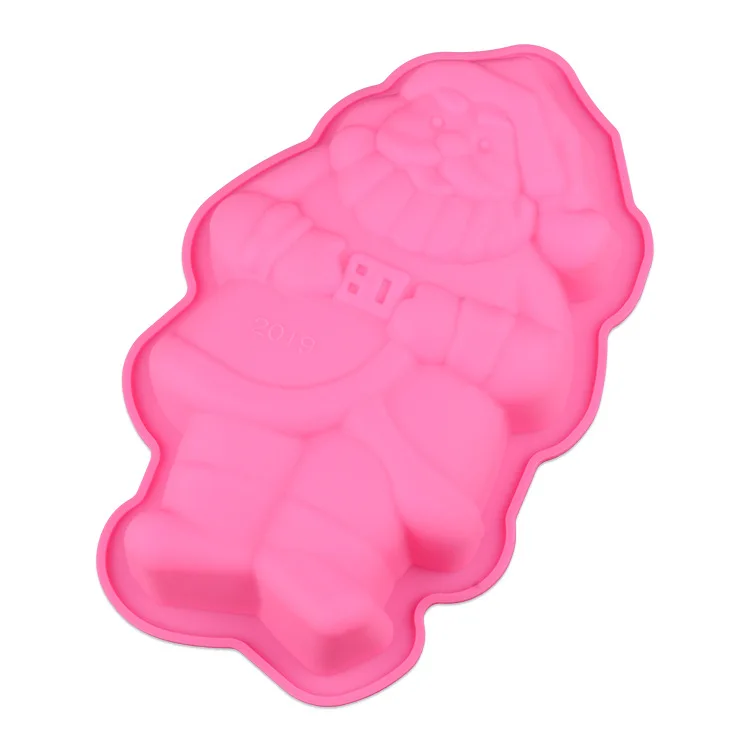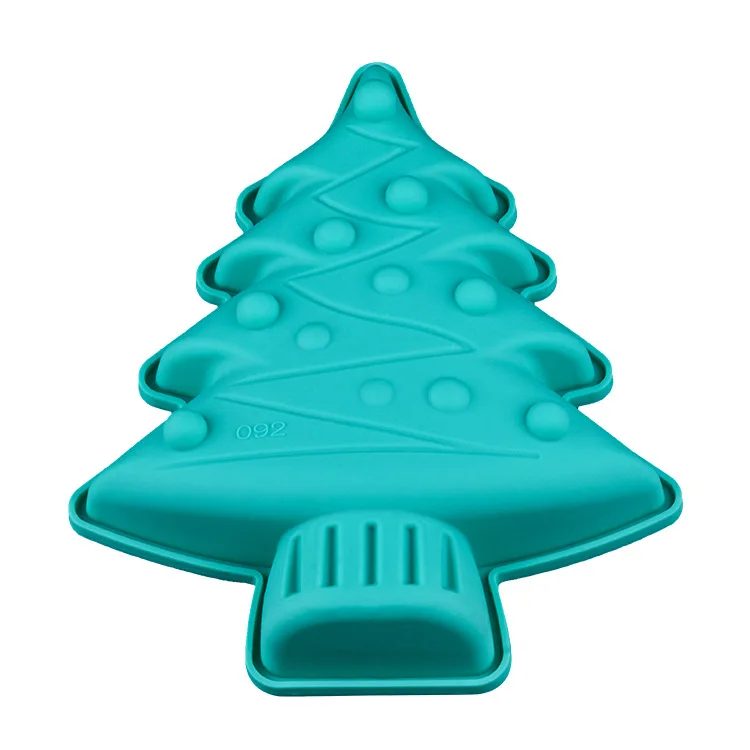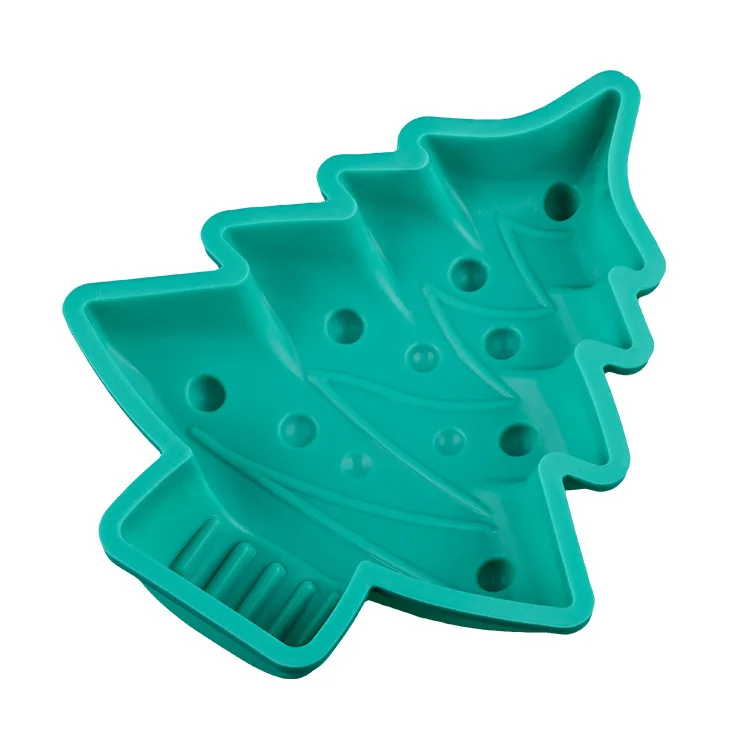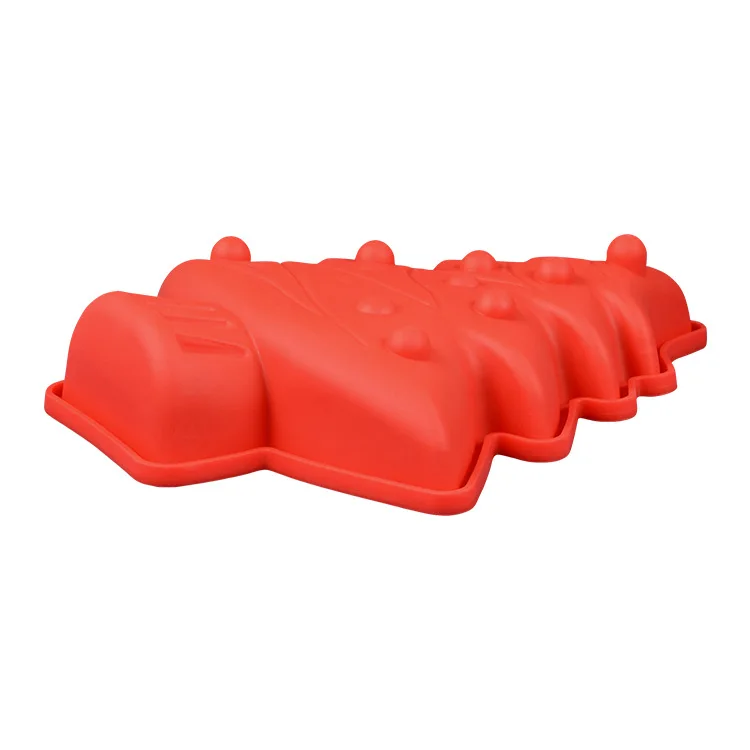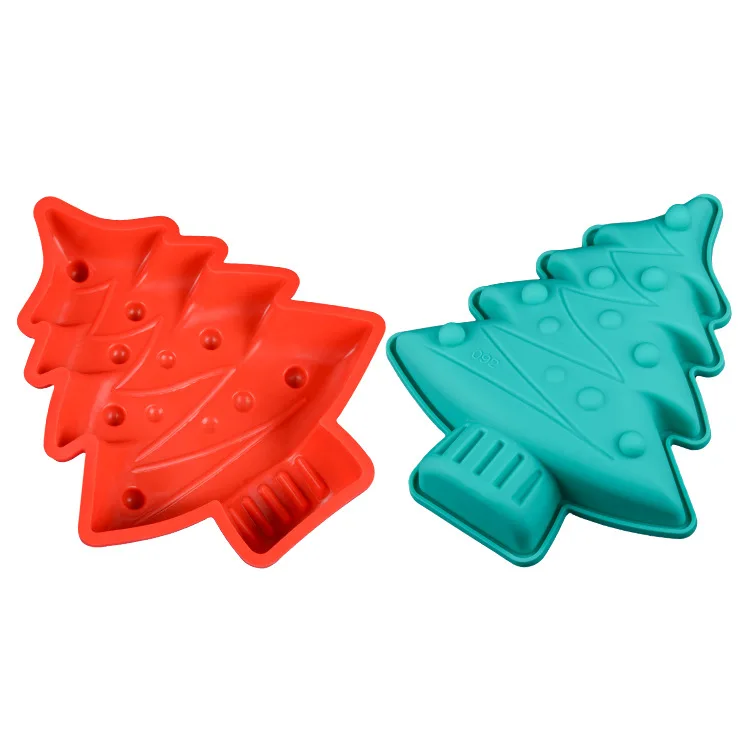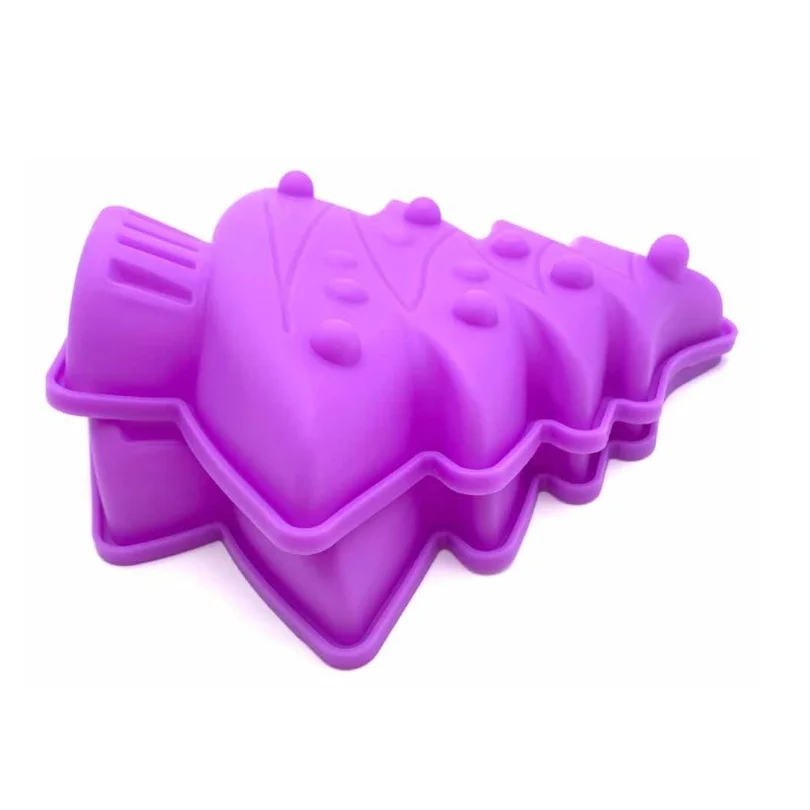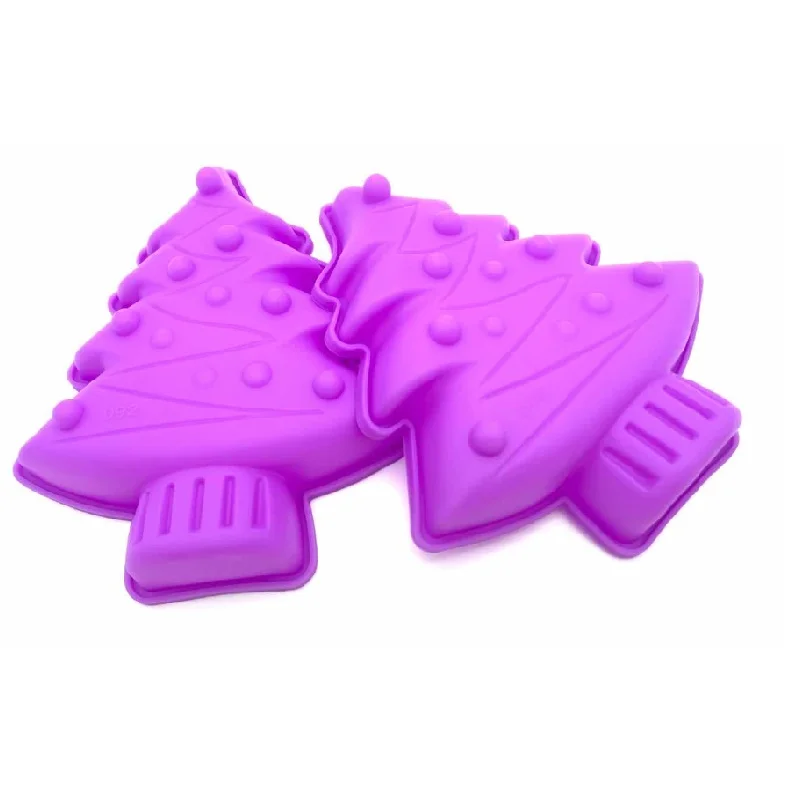The Ultimate Guide to Choosing the Best Soap for Your Needs
Soap is an essential part of daily hygiene and cleaning routines. Whether you're looking for a gentle cleanser for sensitive skin or a powerful degreaser for household cleaning, understanding the different types and features of soap can help you make an informed choice. This guide covers everything from reliable sourcing to practical usage scenarios.
How to Find Reliable Soap from China in 2025
China remains a leading manufacturer of high-quality soap products, offering competitive prices and innovative formulations. To find reliable suppliers, look for certifications like ISO, GMP, or ECOCERT, which ensure compliance with international standards. Platforms like Alibaba provide verified supplier lists with customer reviews, making it easier to assess credibility.
What Buyers Should Know Before Buying Soap from China
Before purchasing soap from China, consider factors like minimum order quantities (MOQs), shipping costs, and lead times. Request samples to test product quality and check for allergens or harsh chemicals. Also, verify the supplier's ability to customize packaging or formulations to meet your specific needs.
Types of Soap
Soap comes in various forms, each suited for different purposes:
- Bar Soap: Traditional and cost-effective, ideal for handwashing and body cleansing.
- Liquid Soap: Convenient for dispensers, often enriched with moisturizers.
- Antibacterial Soap: Contains agents like triclosan to kill germs.
- Natural/Organic Soap: Made with plant-based oils and free from synthetic additives.
- Industrial Soap: Designed for heavy-duty cleaning in commercial settings.
Functions and Features of Soap
Soap primarily works by breaking down oils and dirt, allowing them to be rinsed away with water. Key features to look for include:
- Moisturizing Properties: Prevents dryness, especially in liquid or glycerin-based soaps.
- pH-Balanced Formulas: Gentle on skin, maintaining its natural barrier.
- Eco-Friendly Ingredients: Biodegradable and free from phosphates or parabens.
- Long-Lasting Fragrance: Enhances user experience with pleasant scents.
Scenarios of Soap
Soap is versatile and used in various settings:
- Personal Hygiene: Handwashing, showering, and facial cleansing.
- Household Cleaning: Dishwashing, laundry, and surface disinfection.
- Healthcare: Hospitals and clinics use antibacterial soap to prevent infections.
- Hospitality: Hotels provide premium soap for guest comfort.
How to Choose Soap
Selecting the right soap depends on your needs:
- Skin Type: Dry skin benefits from moisturizing soaps, while oily skin may need oil-control formulas.
- Purpose: Choose antibacterial soap for germ protection or natural soap for sensitive skin.
- Ingredients: Avoid harsh chemicals like SLS if you have allergies.
- Environmental Impact: Opt for biodegradable or cruelty-free options.
Soap Q & A
Q: Is bar soap better than liquid soap?
A: Bar soap is more eco-friendly and cost-effective, while liquid soap is convenient and often gentler on skin.
Q: Can soap expire?
A: Yes, soap can lose efficacy or develop bacteria over time. Check for expiration dates or changes in texture/smell.
Q: What’s the difference between antibacterial and regular soap?
A: Antibacterial soap contains additives to kill germs, but studies show regular soap with proper handwashing is equally effective.
Q: How can I make soap last longer?
A: Keep bar soap dry between uses and store it in a well-drained soap dish.
Q: Are natural soaps worth the higher price?
A: If you have sensitive skin or prefer eco-friendly products, natural soaps are a worthwhile investment.


